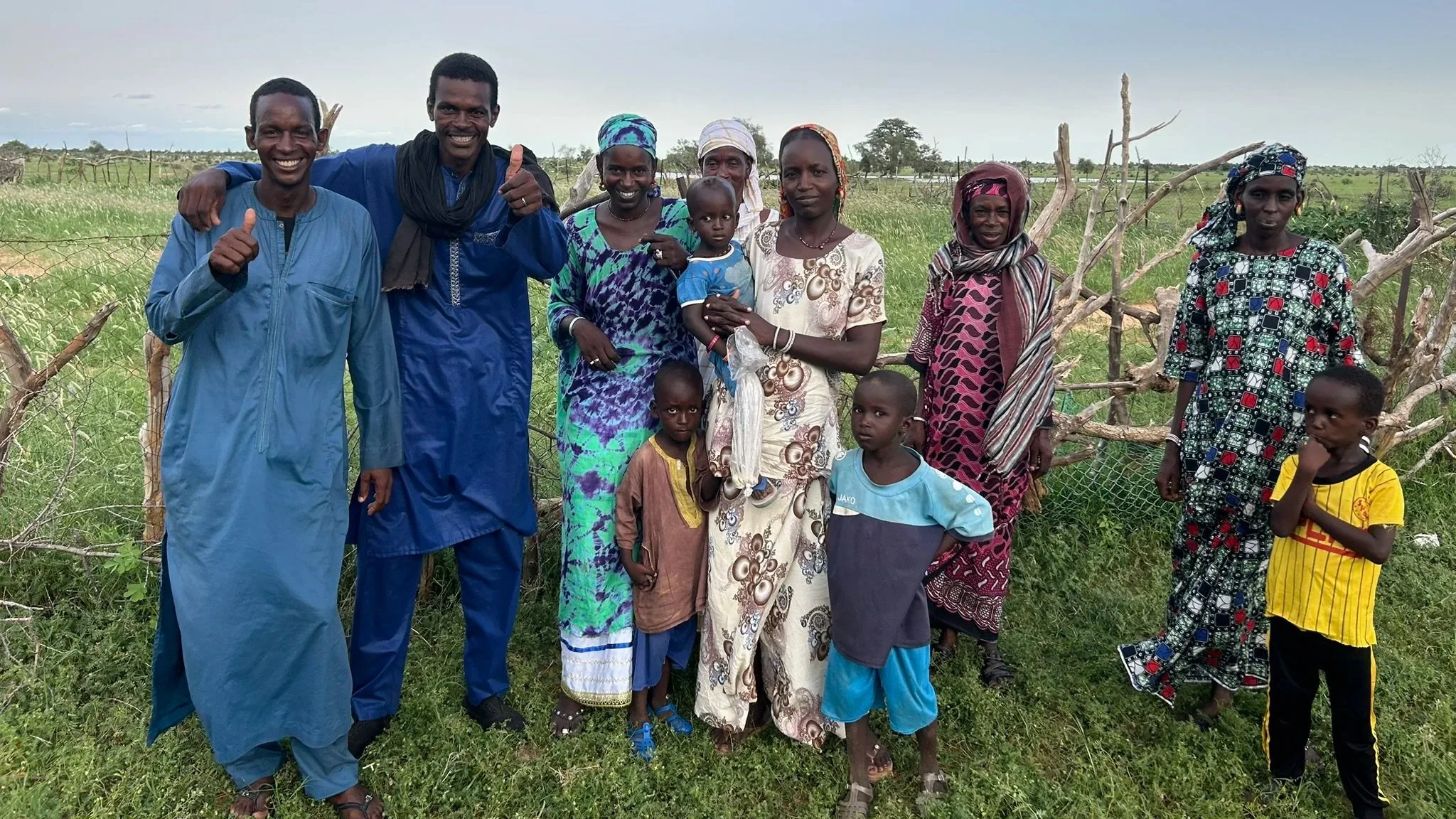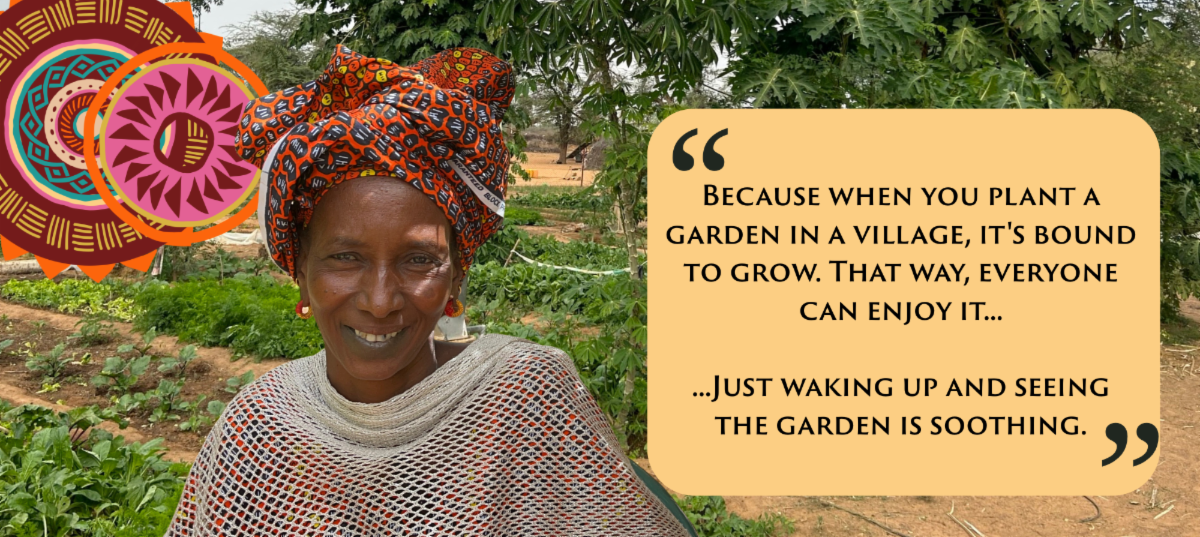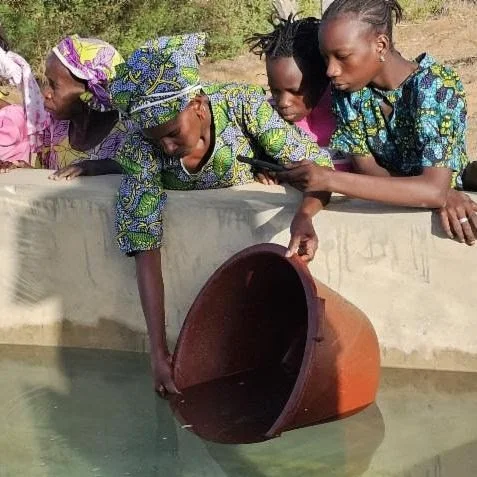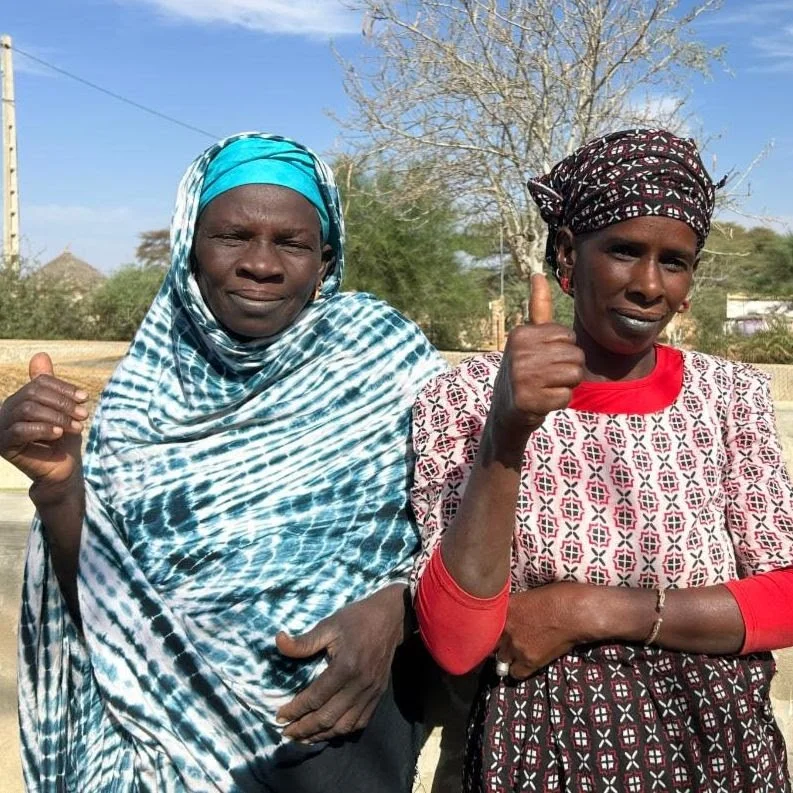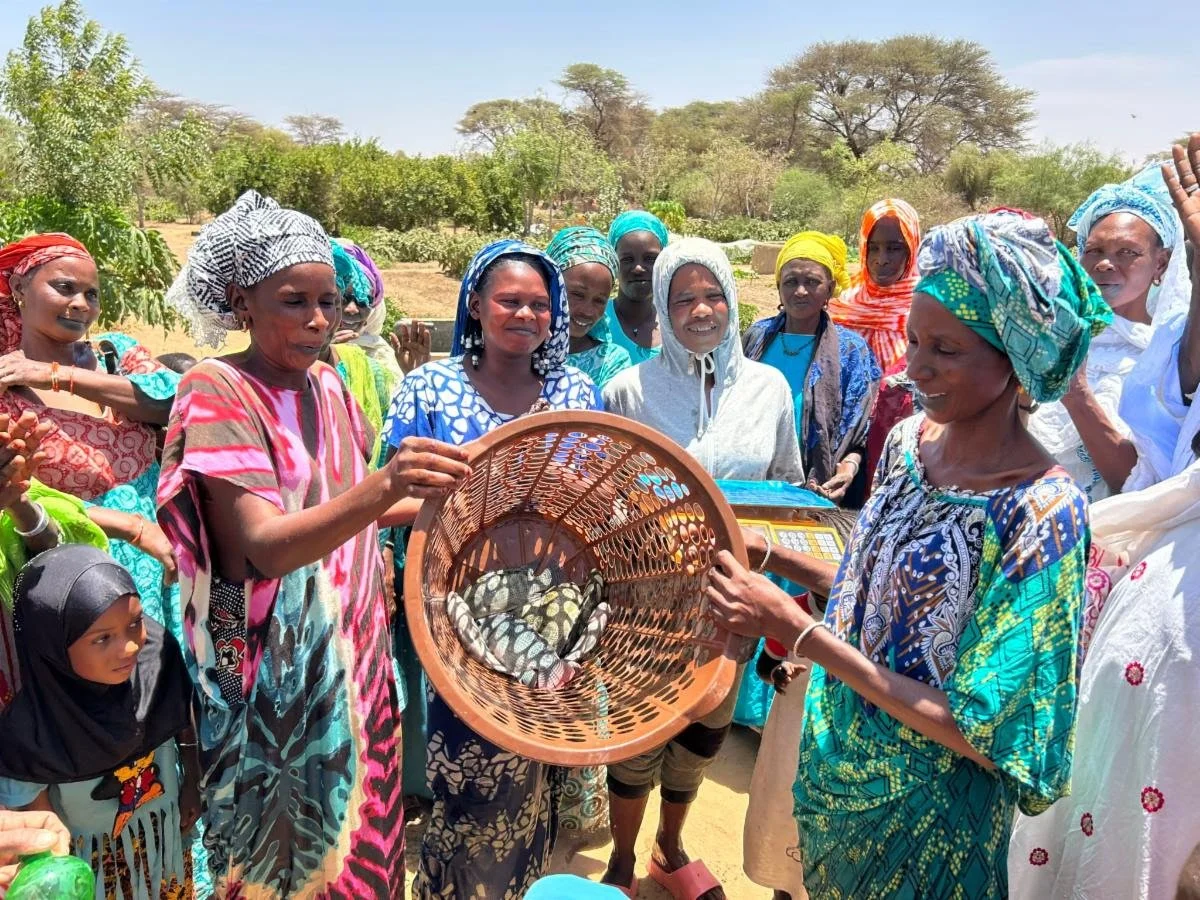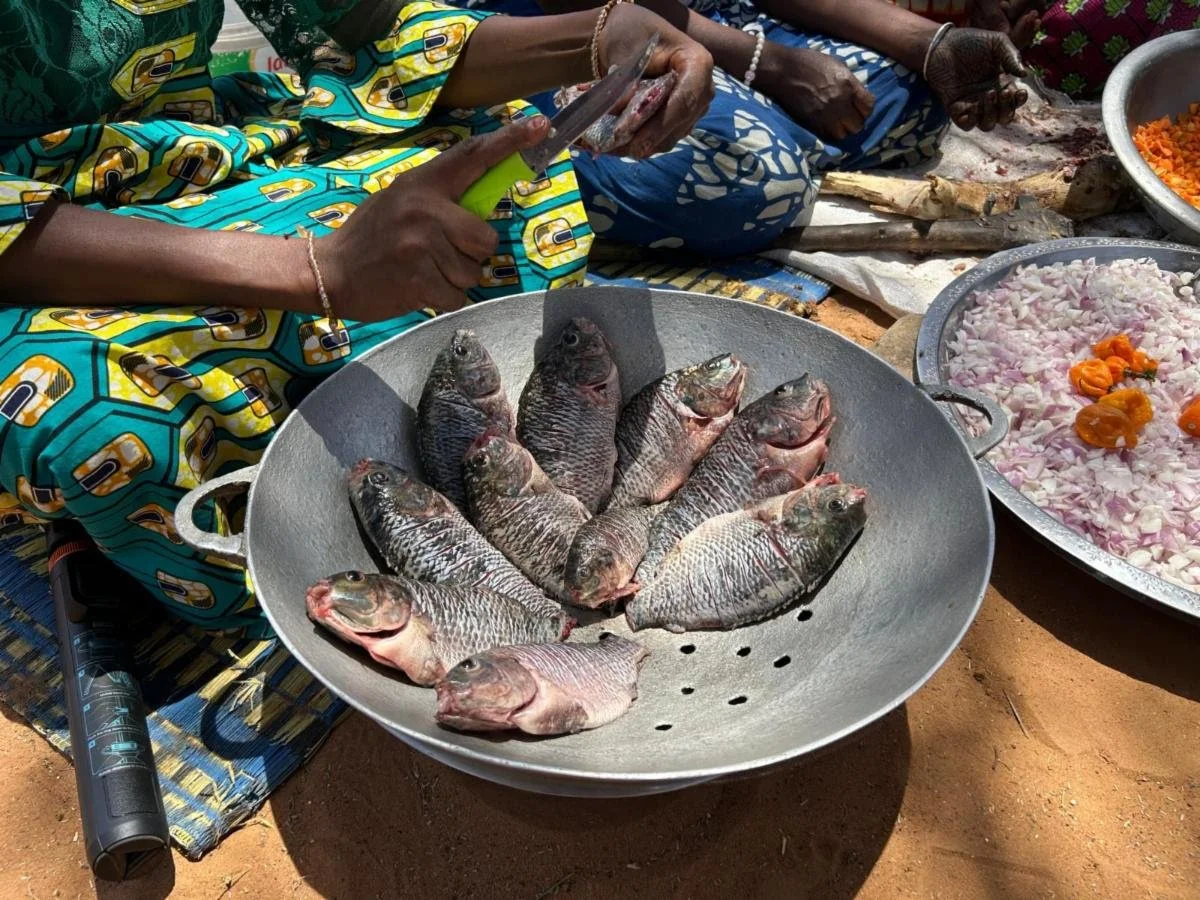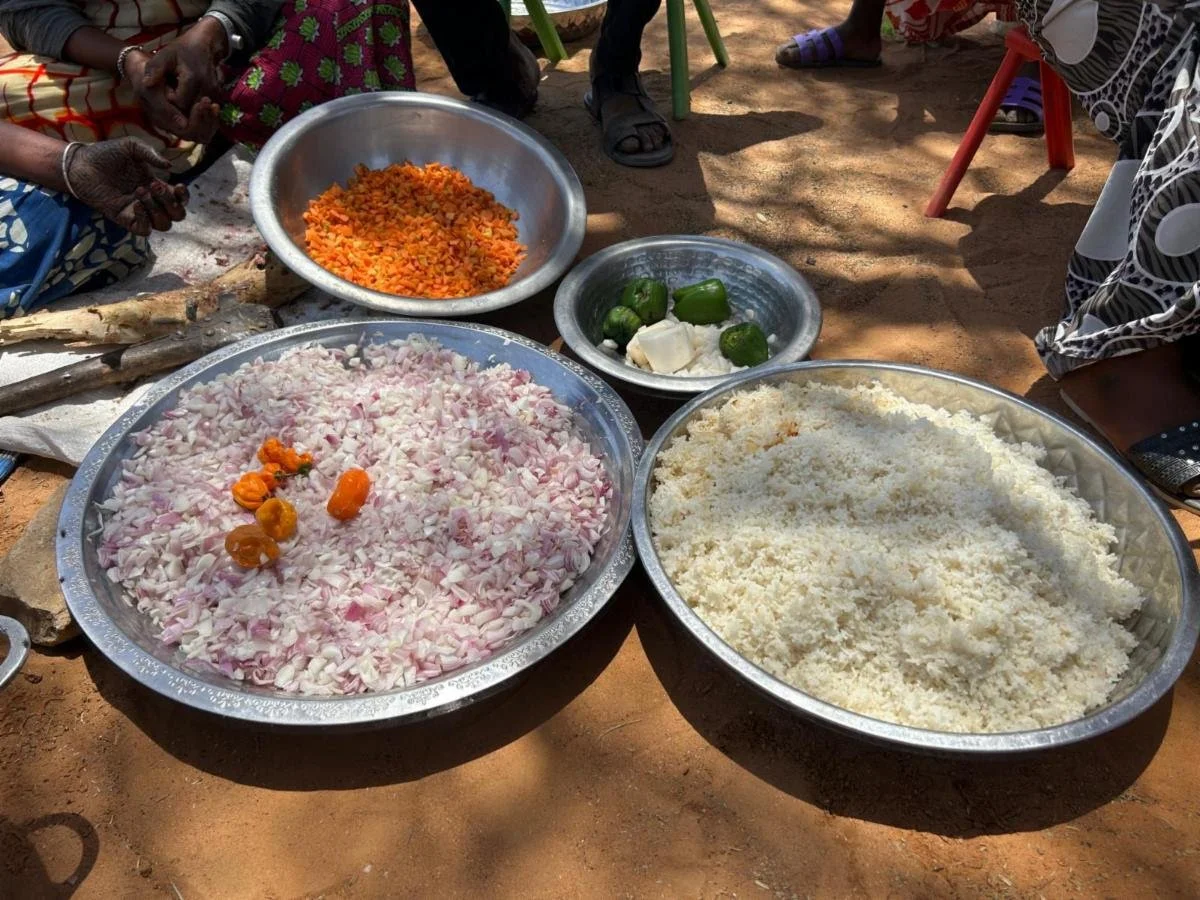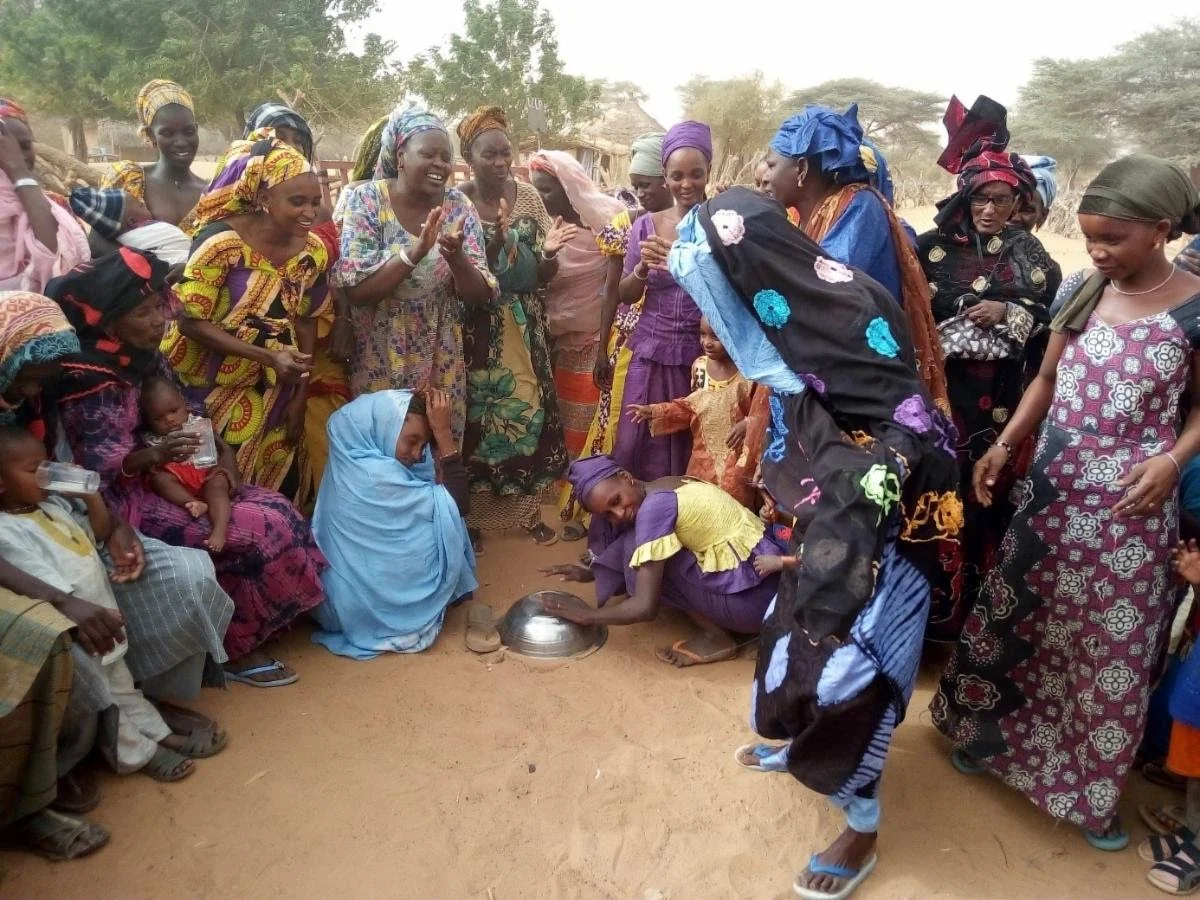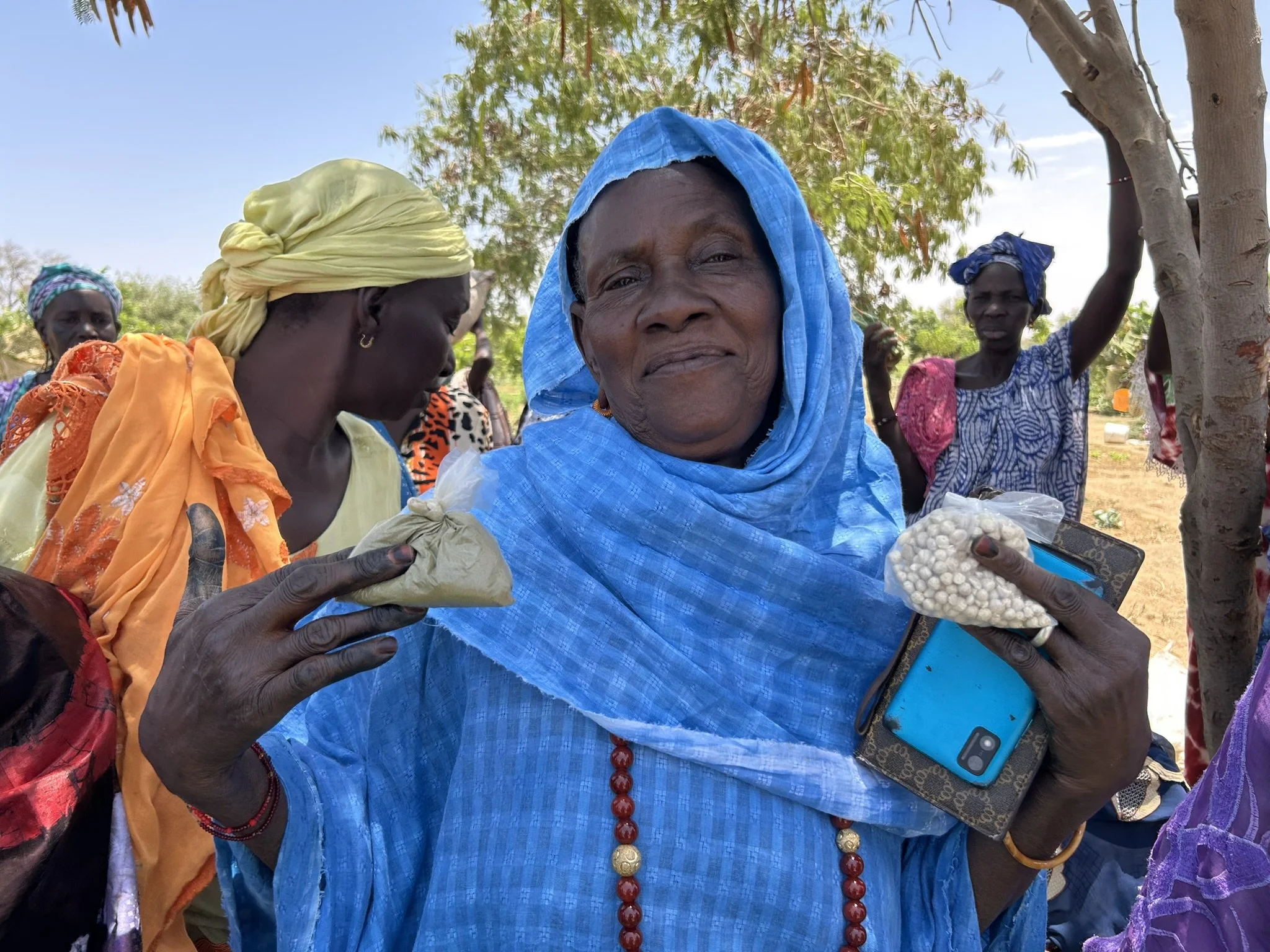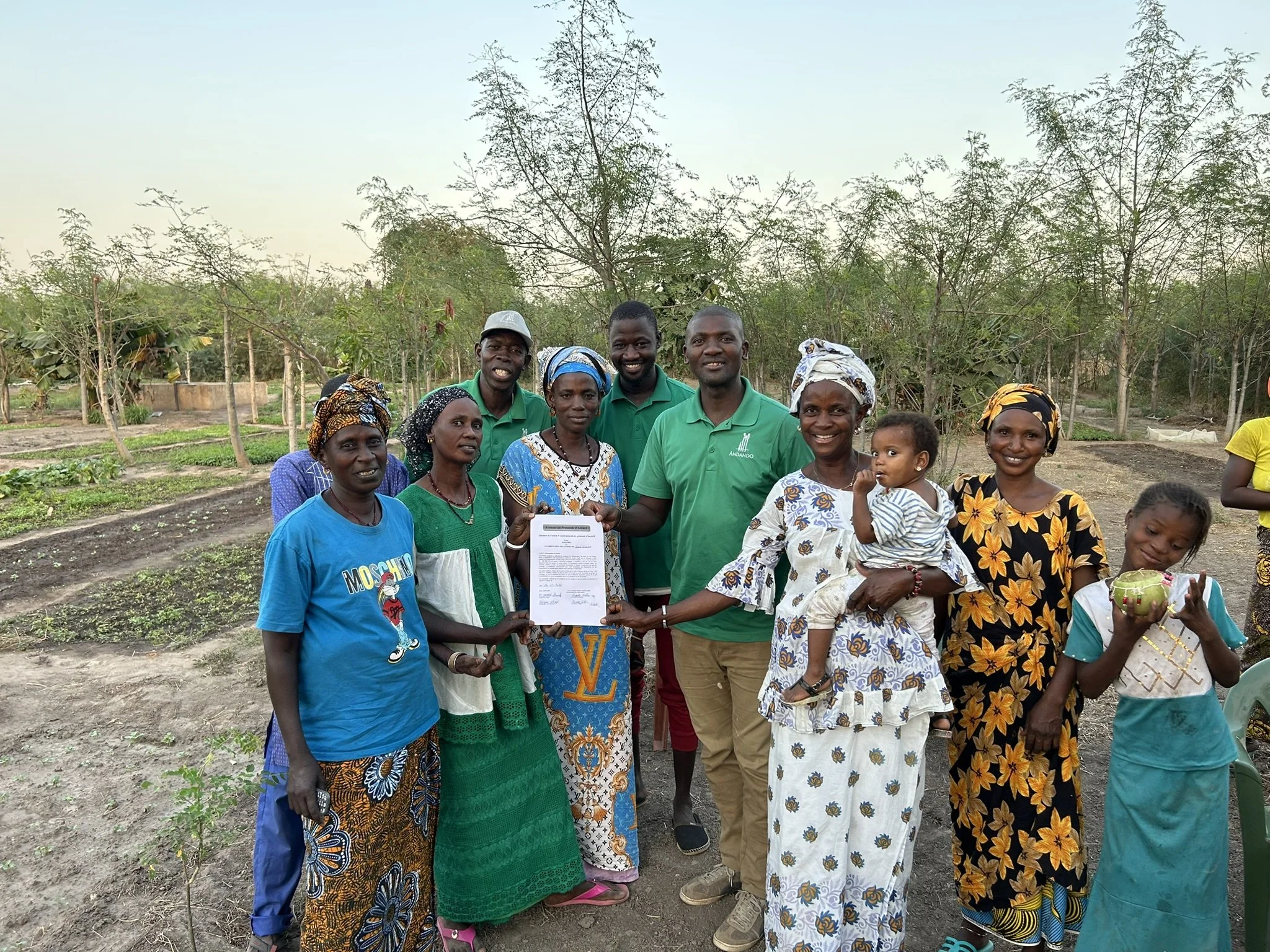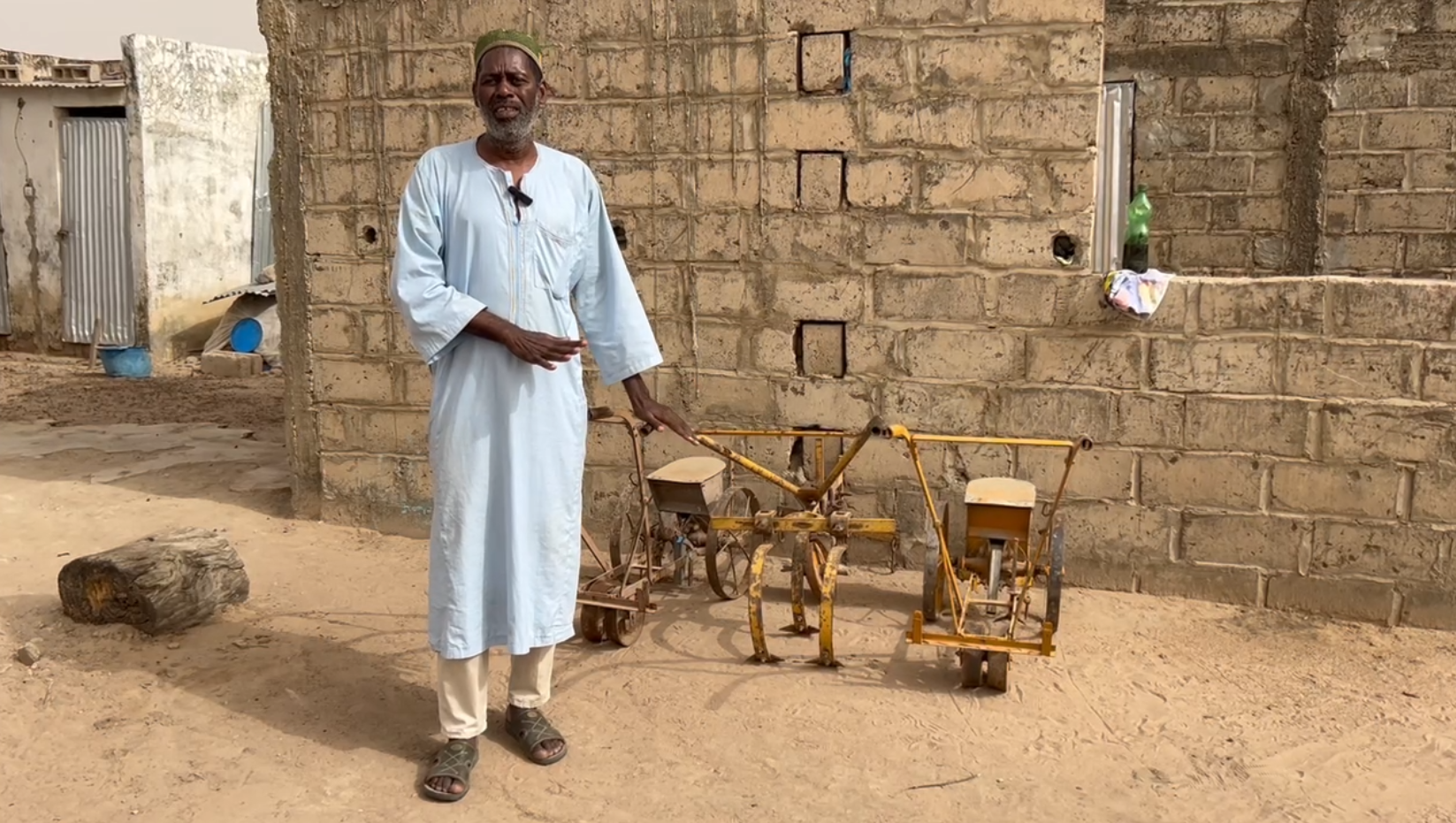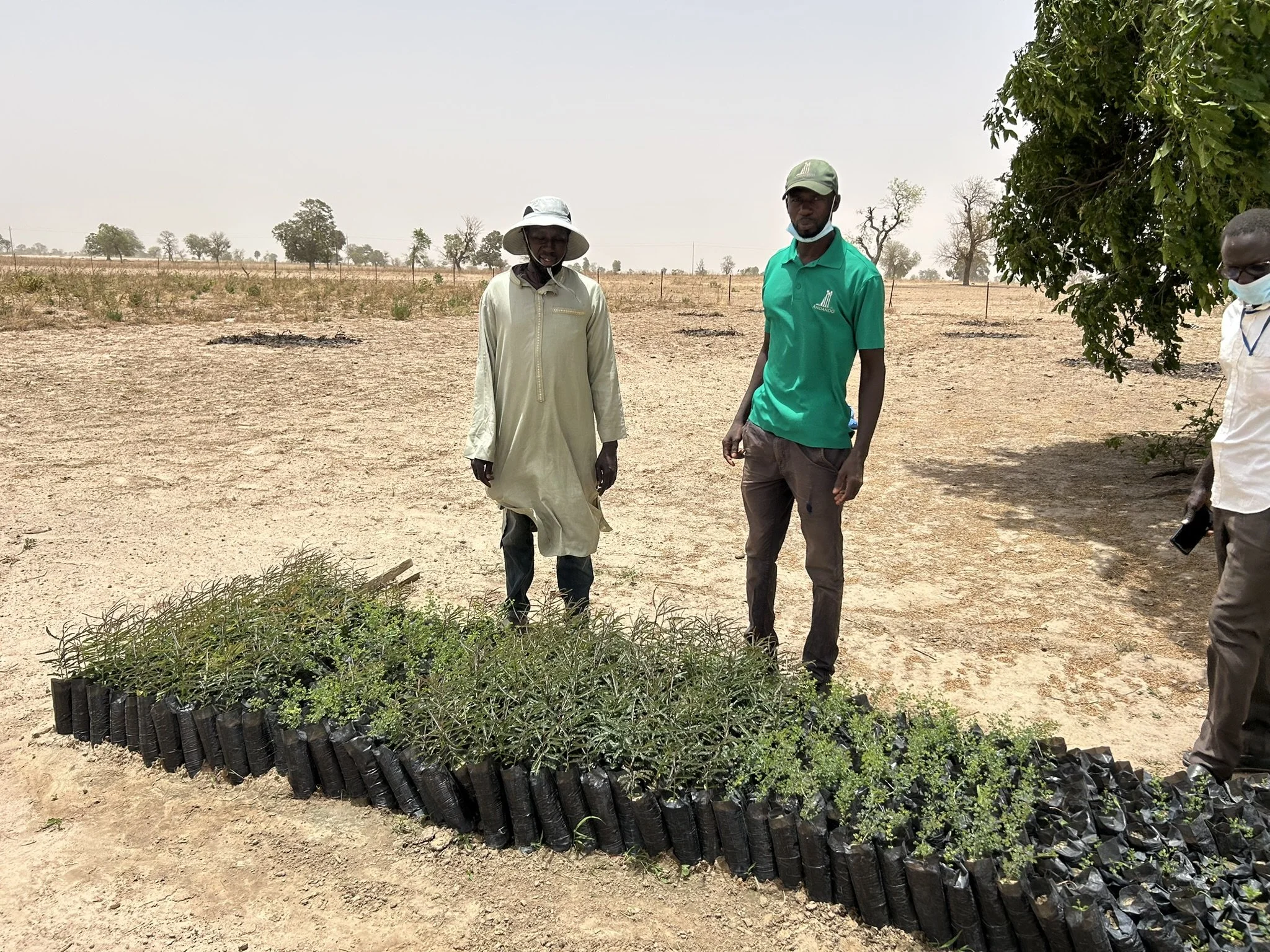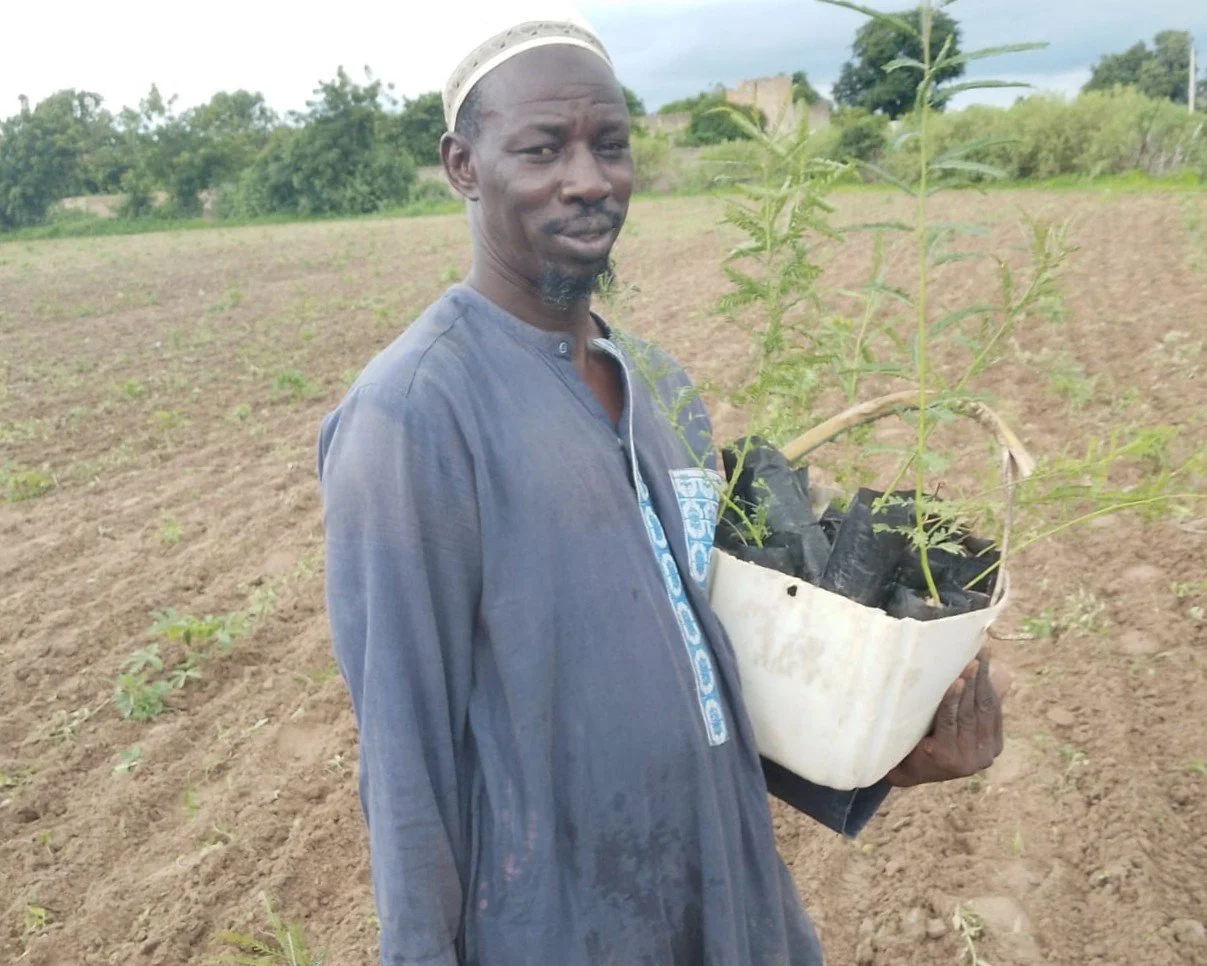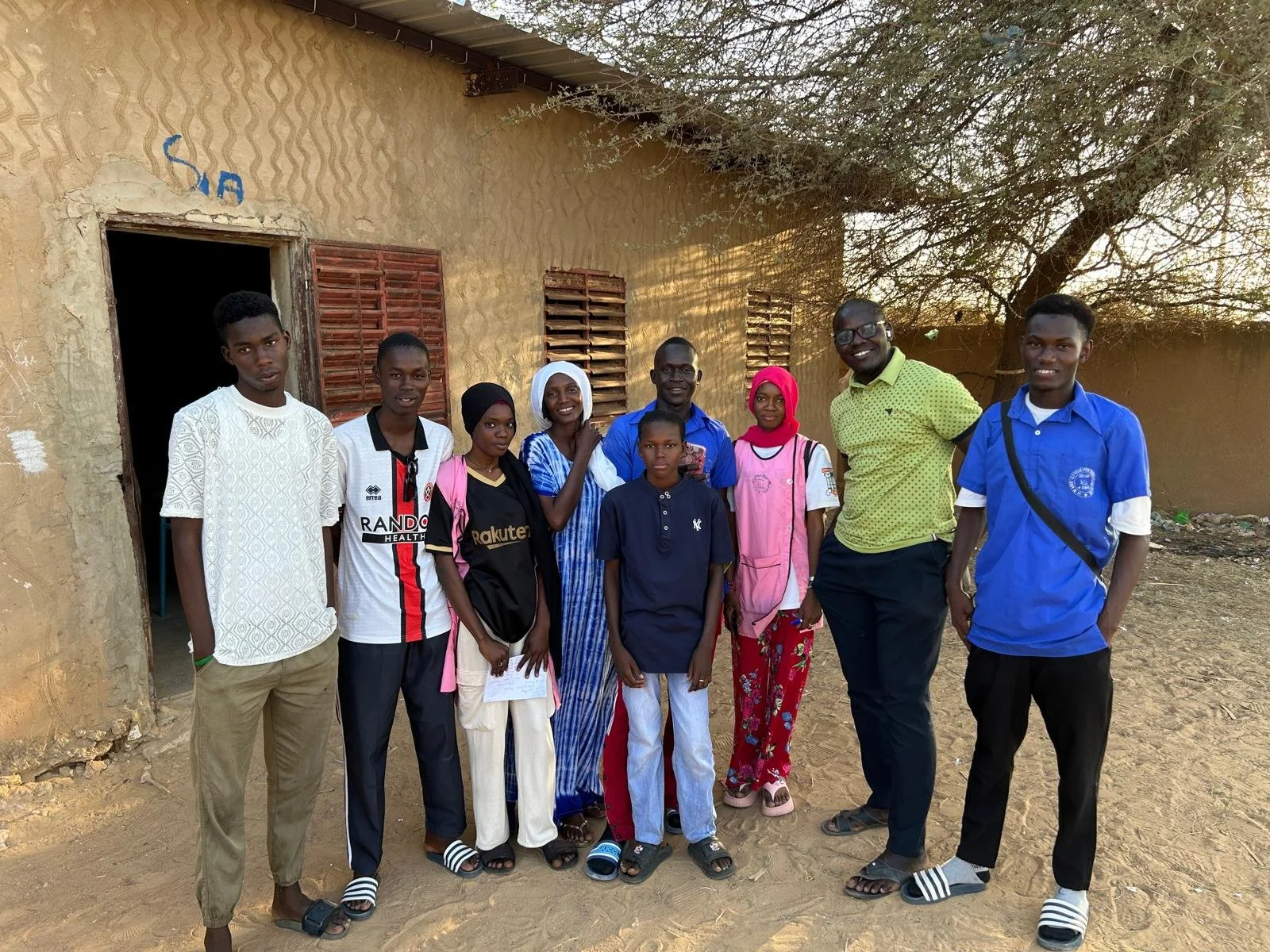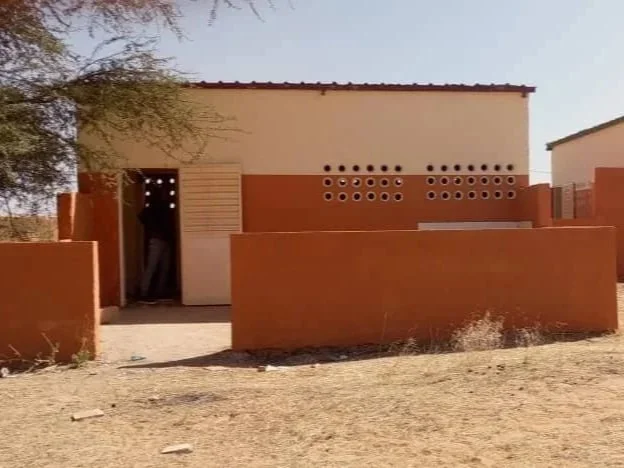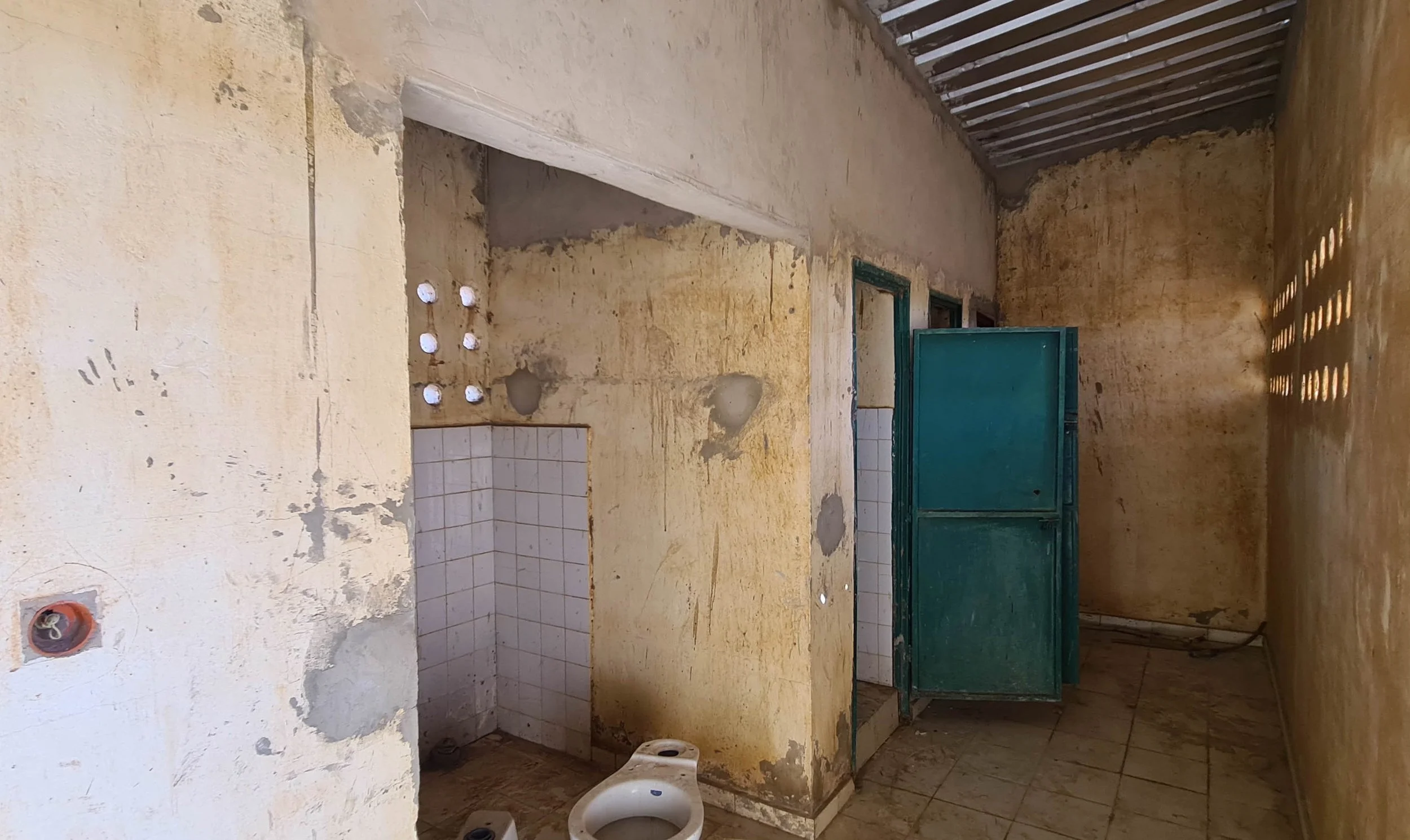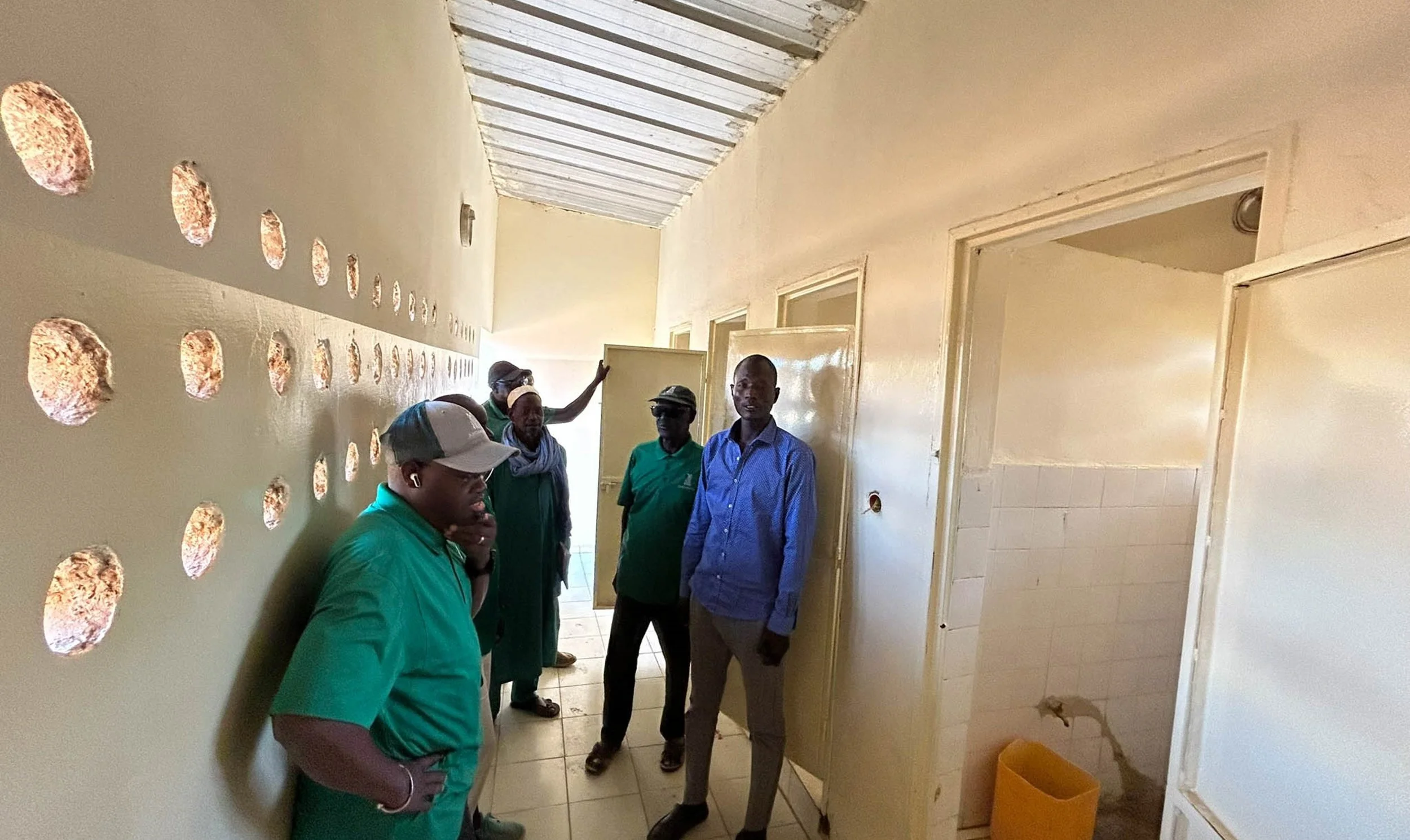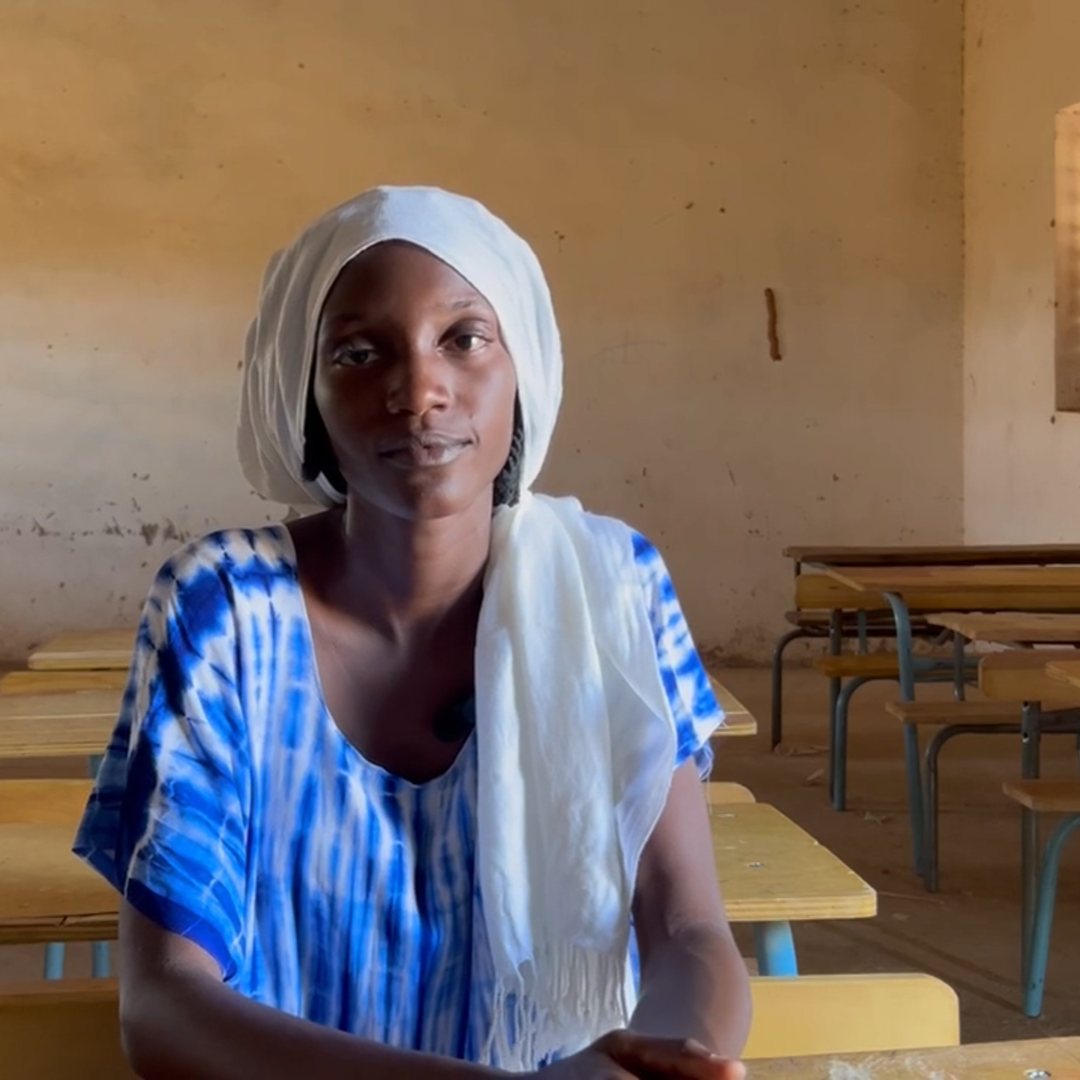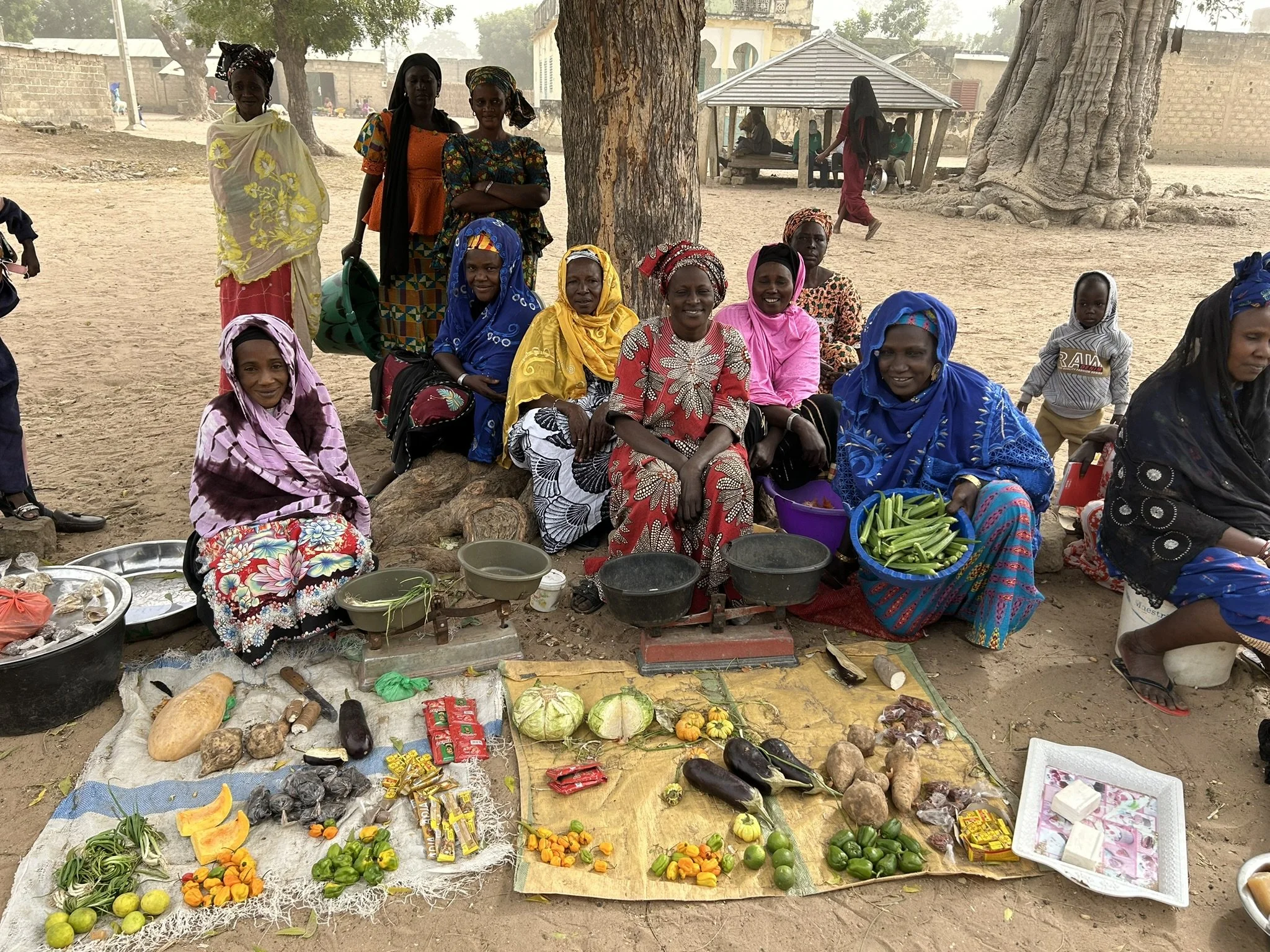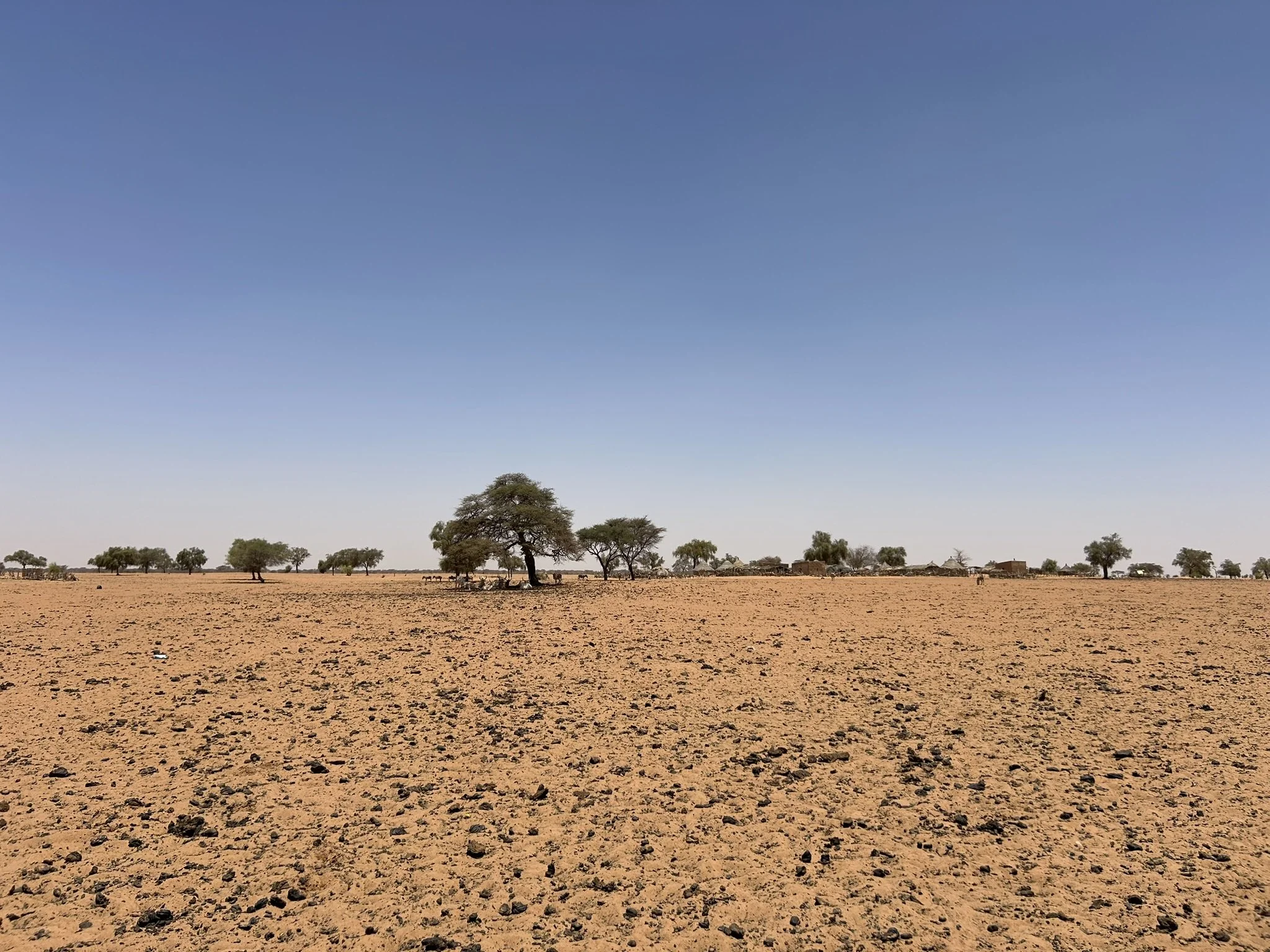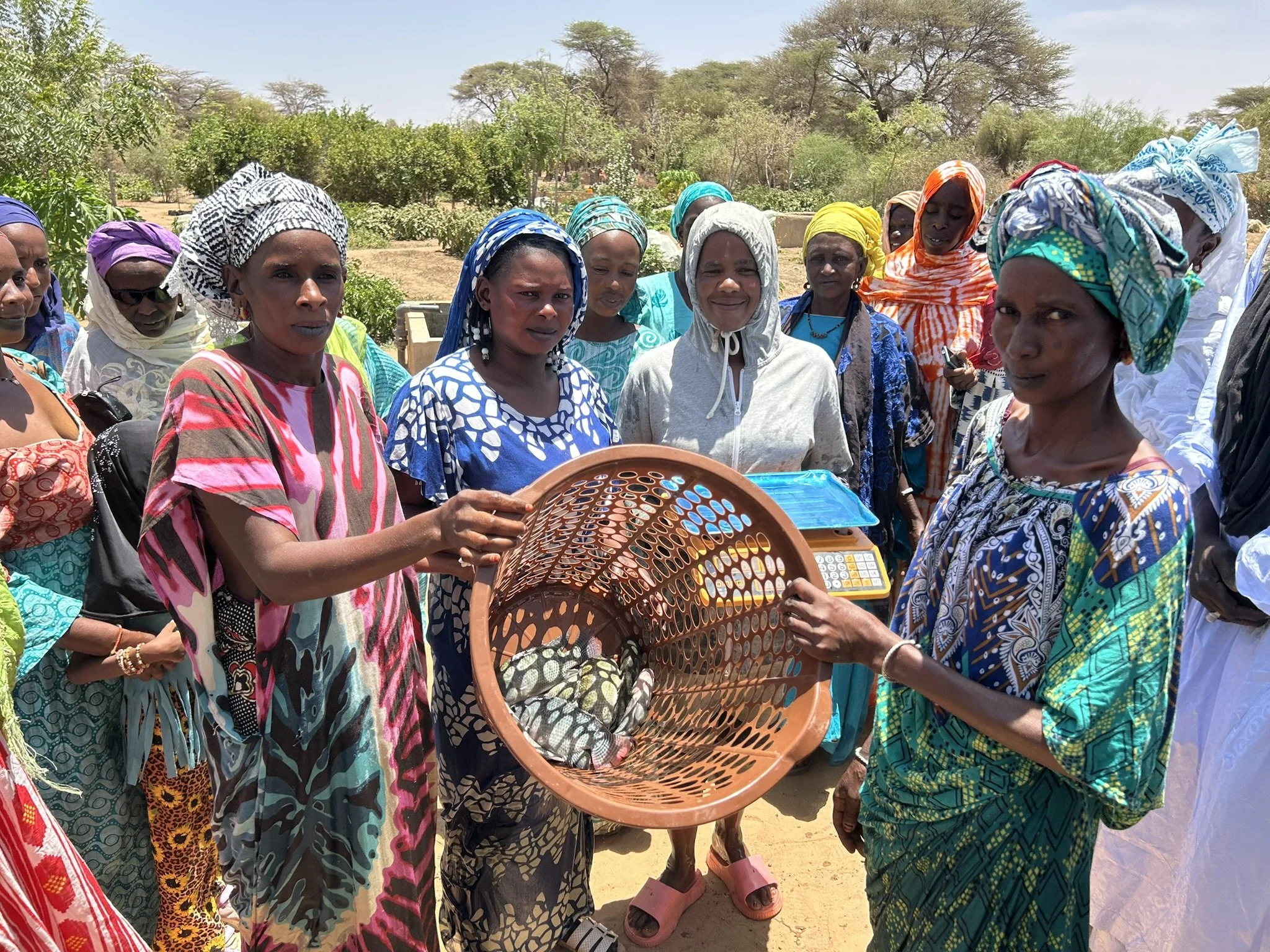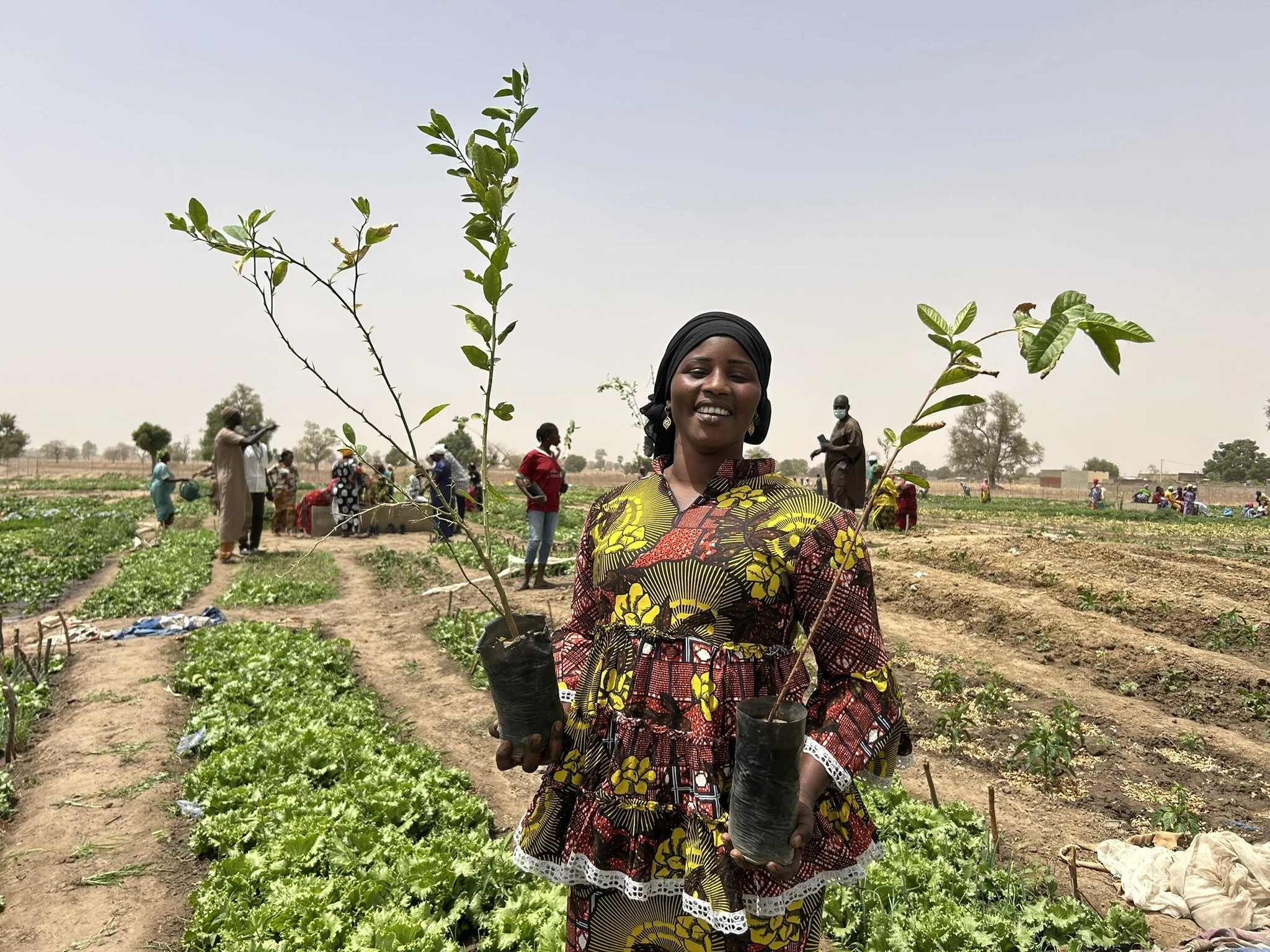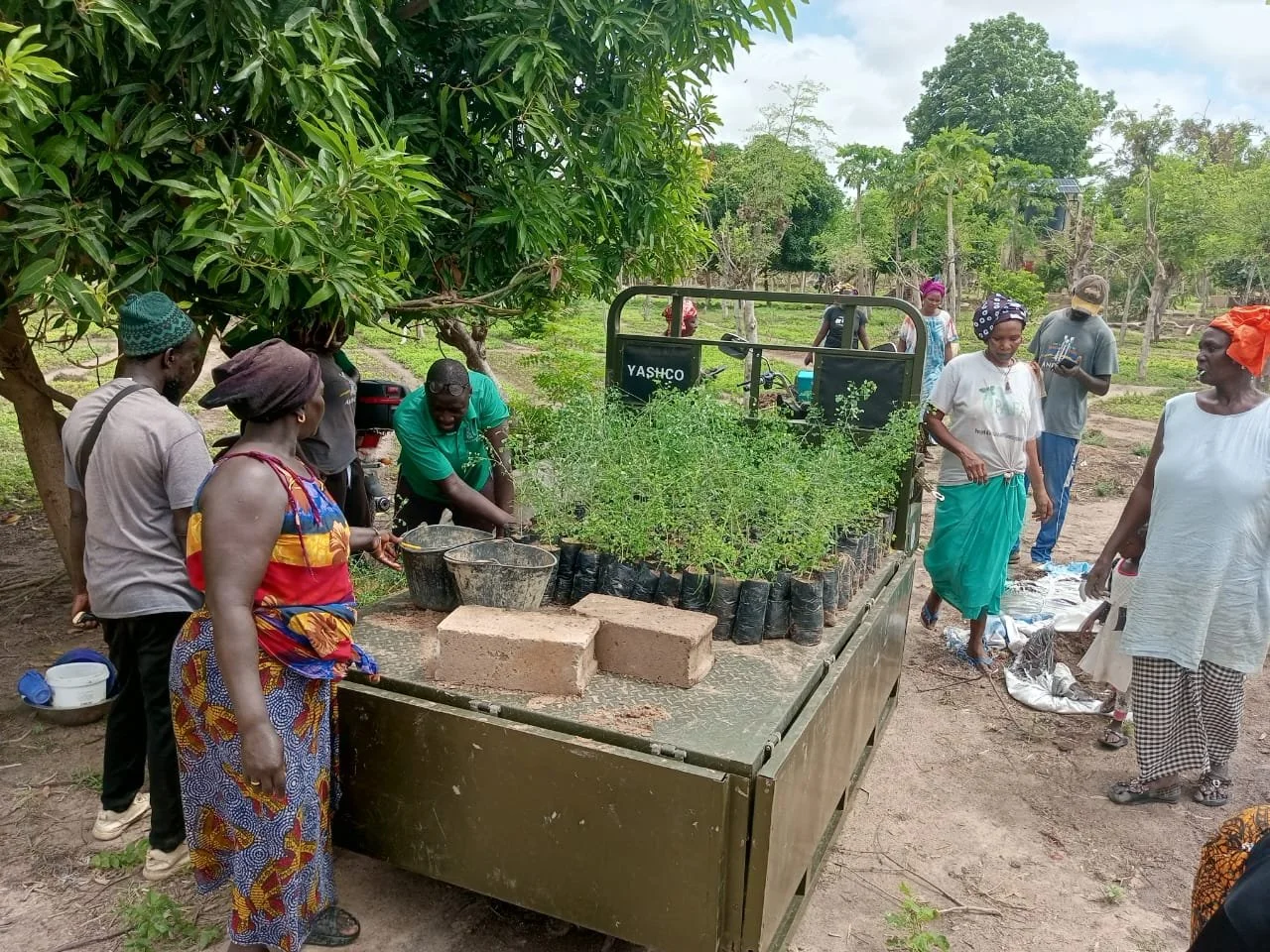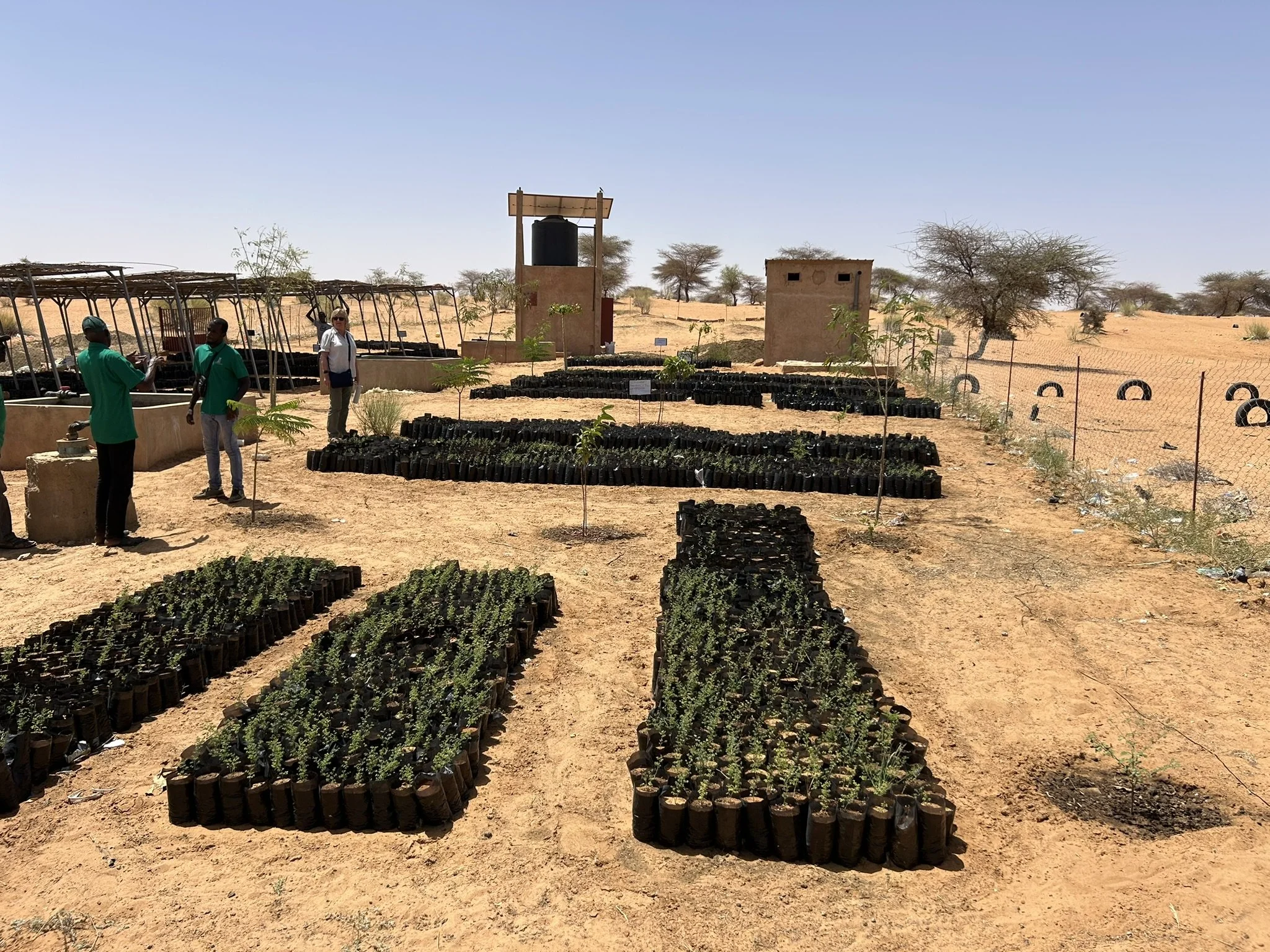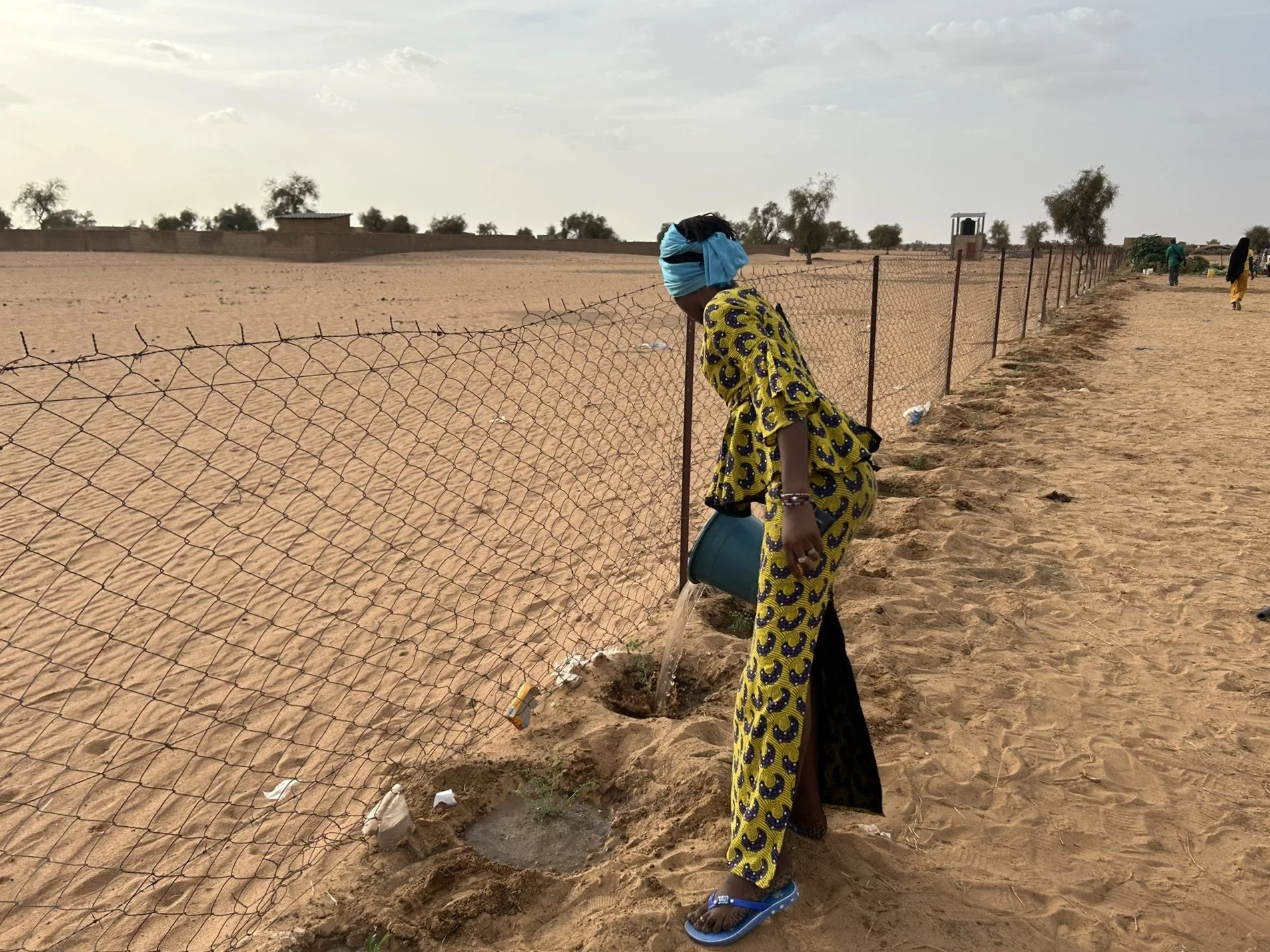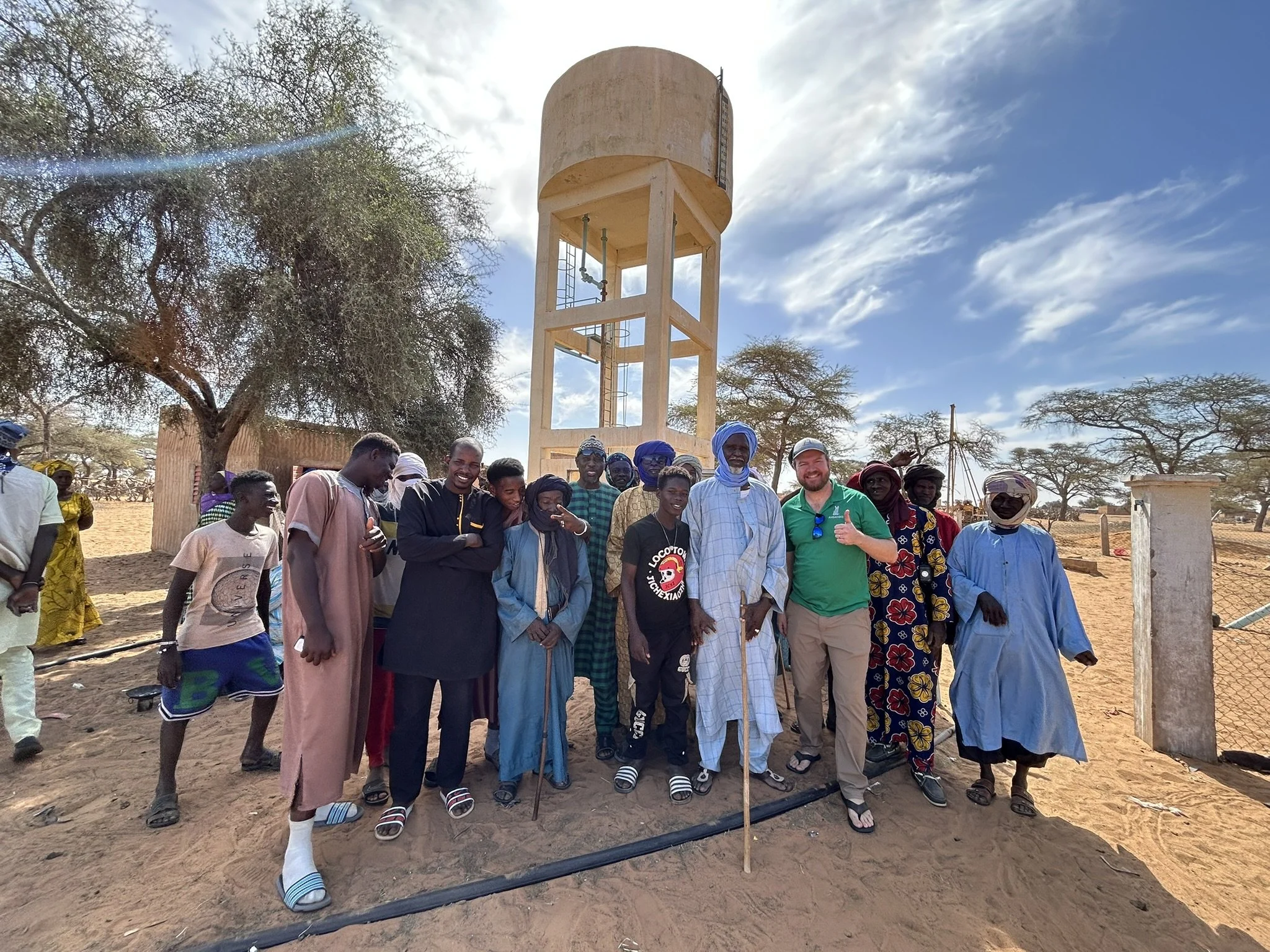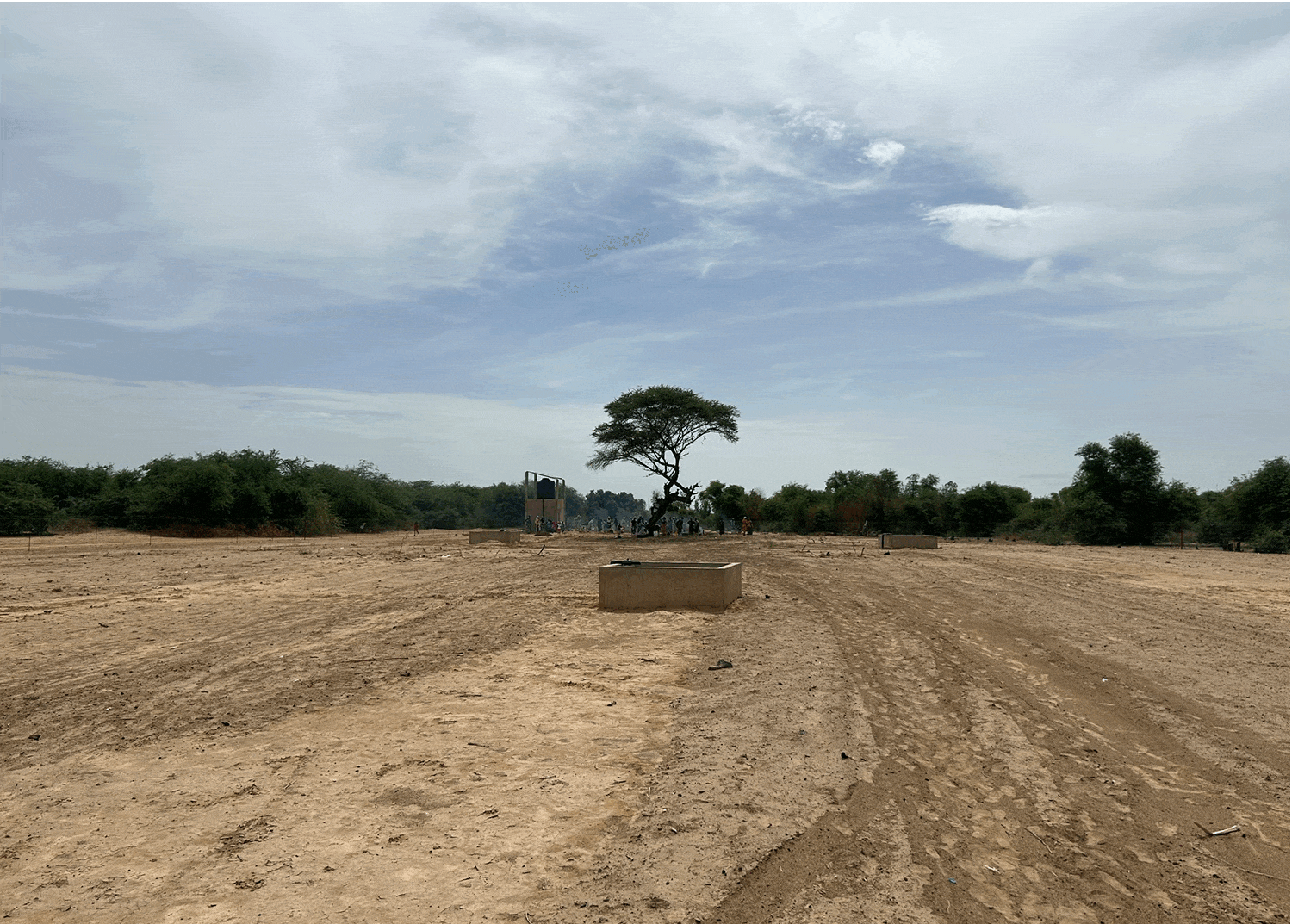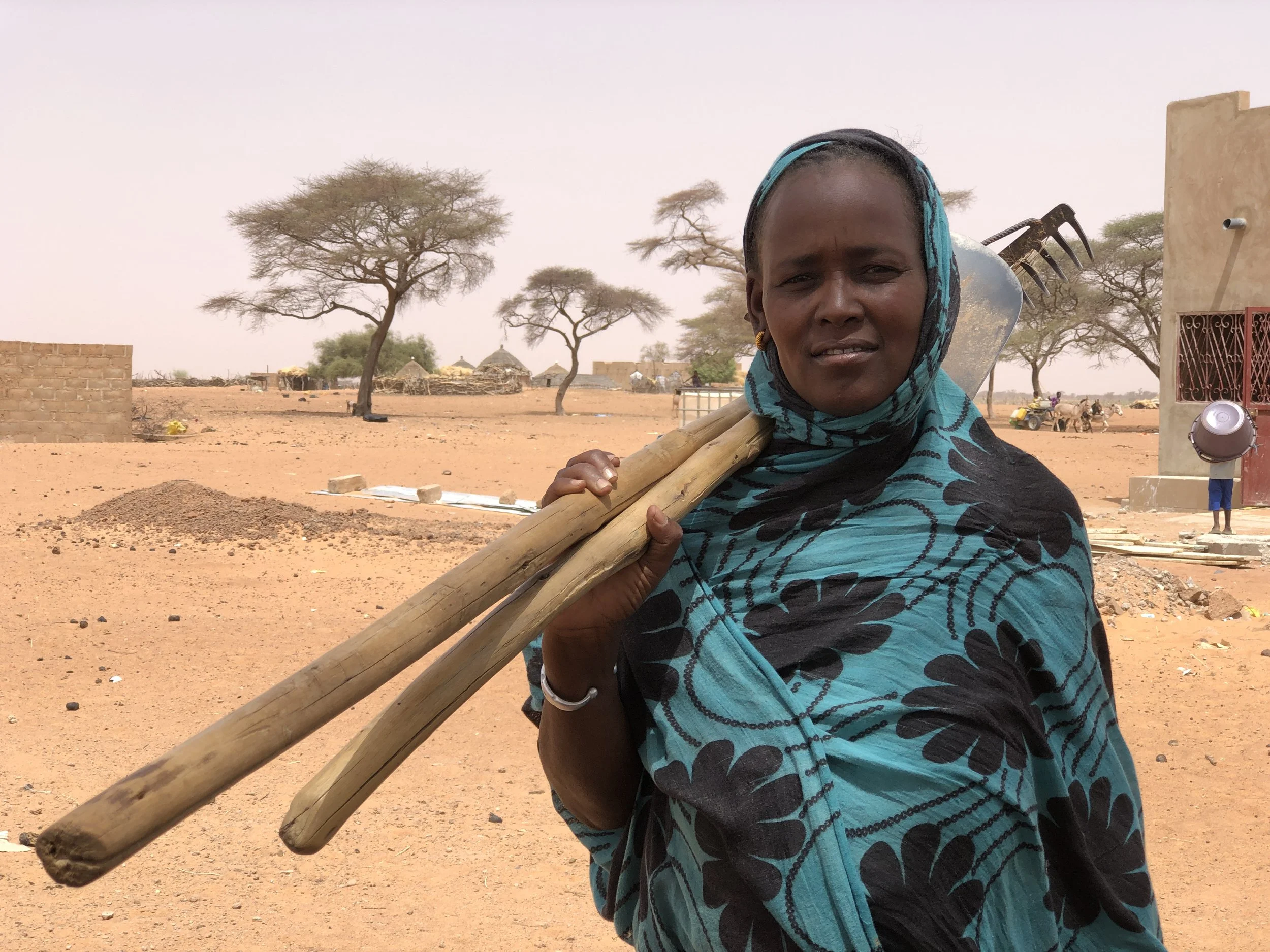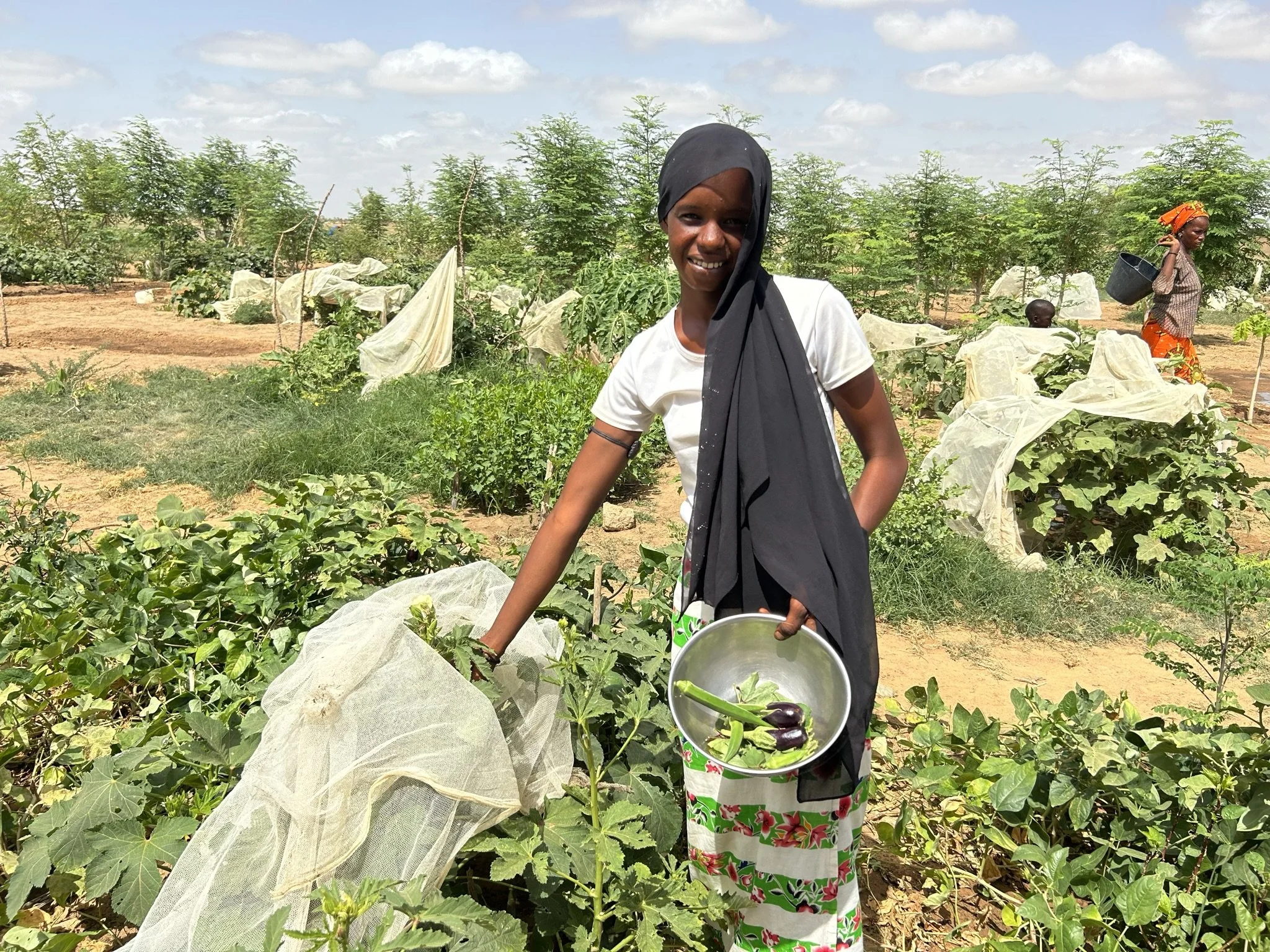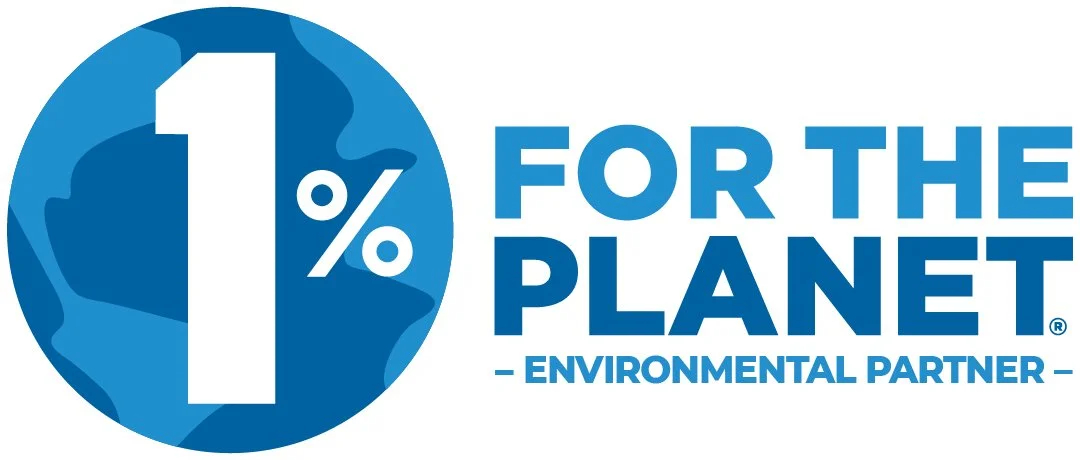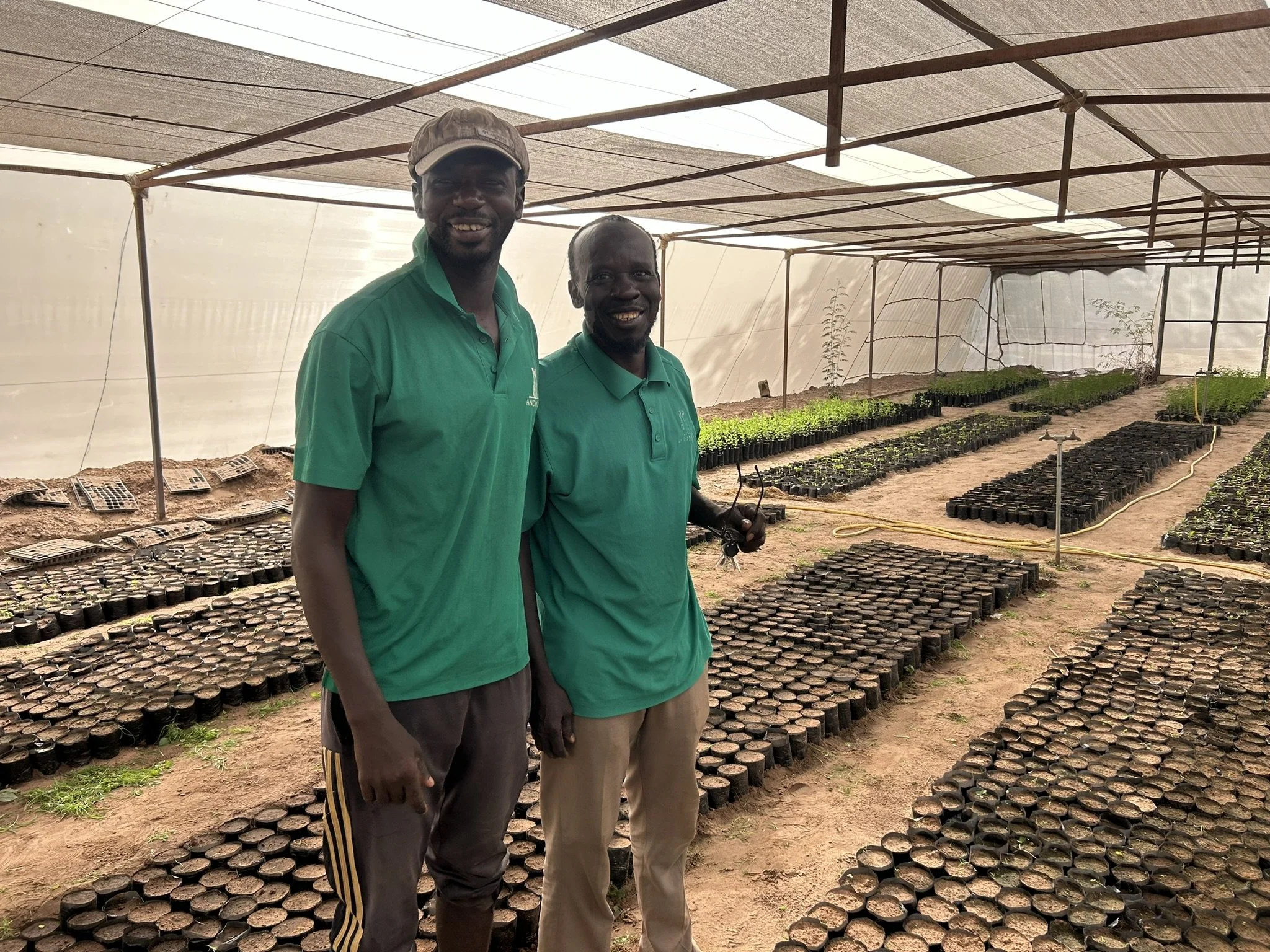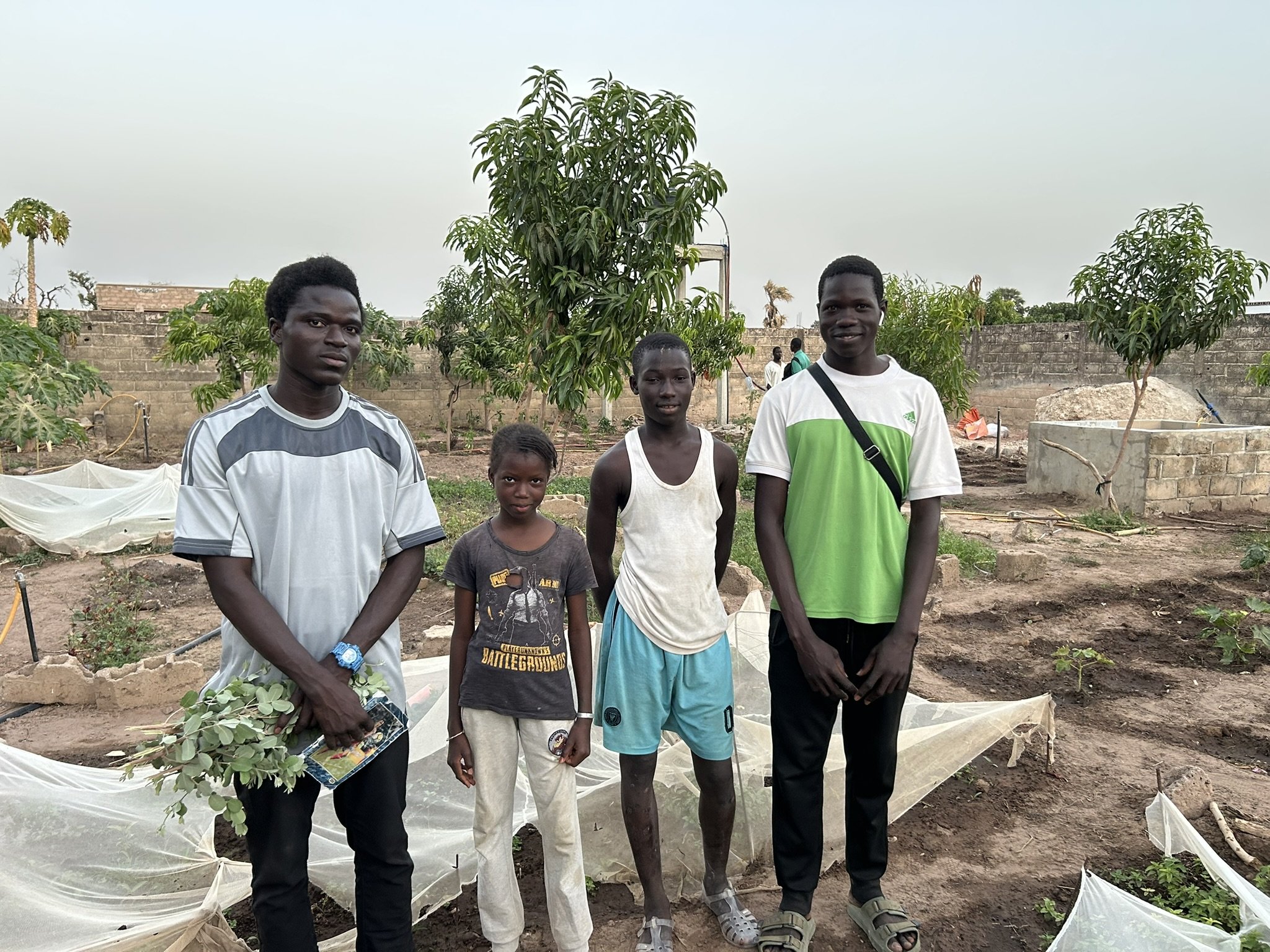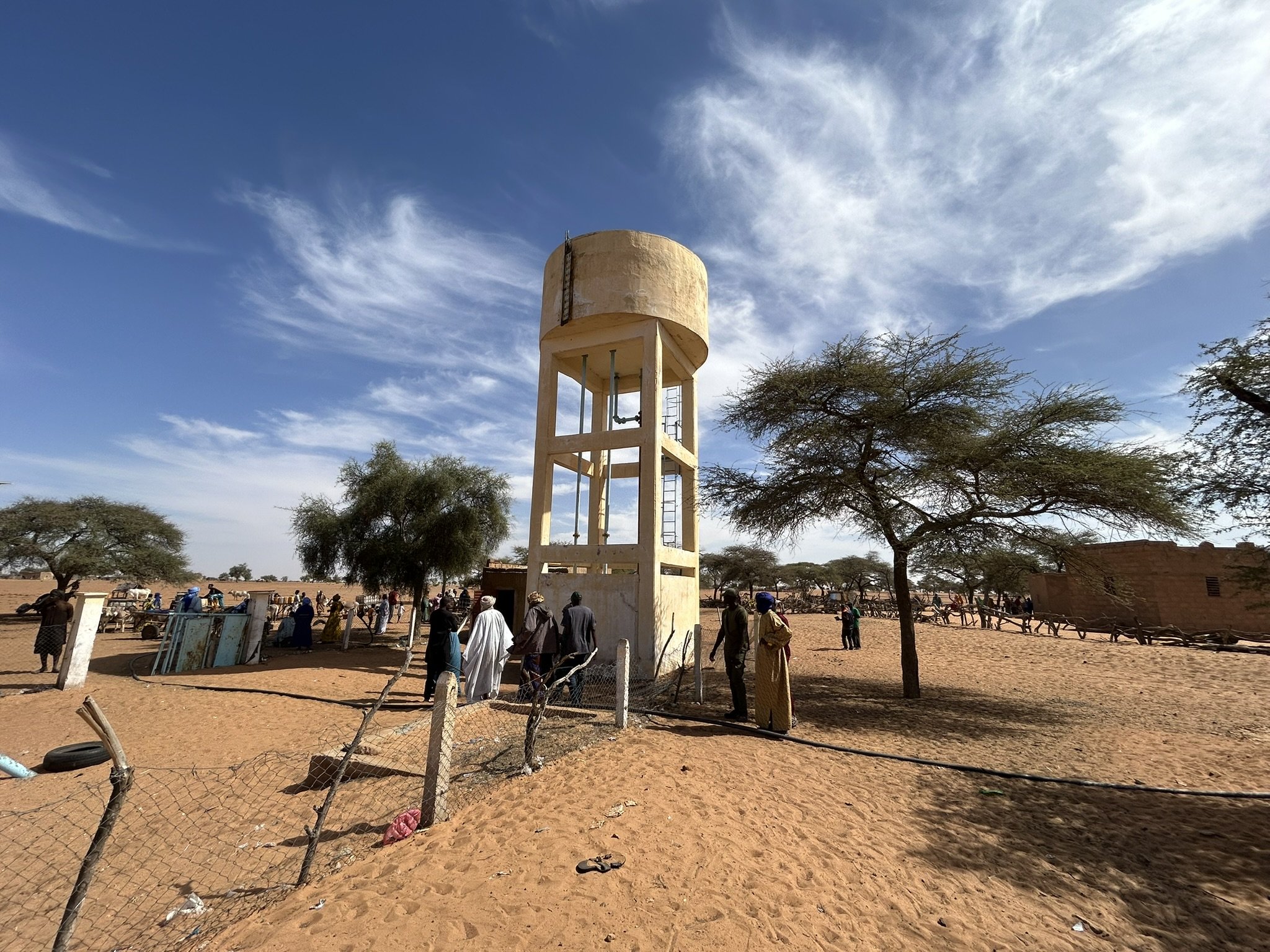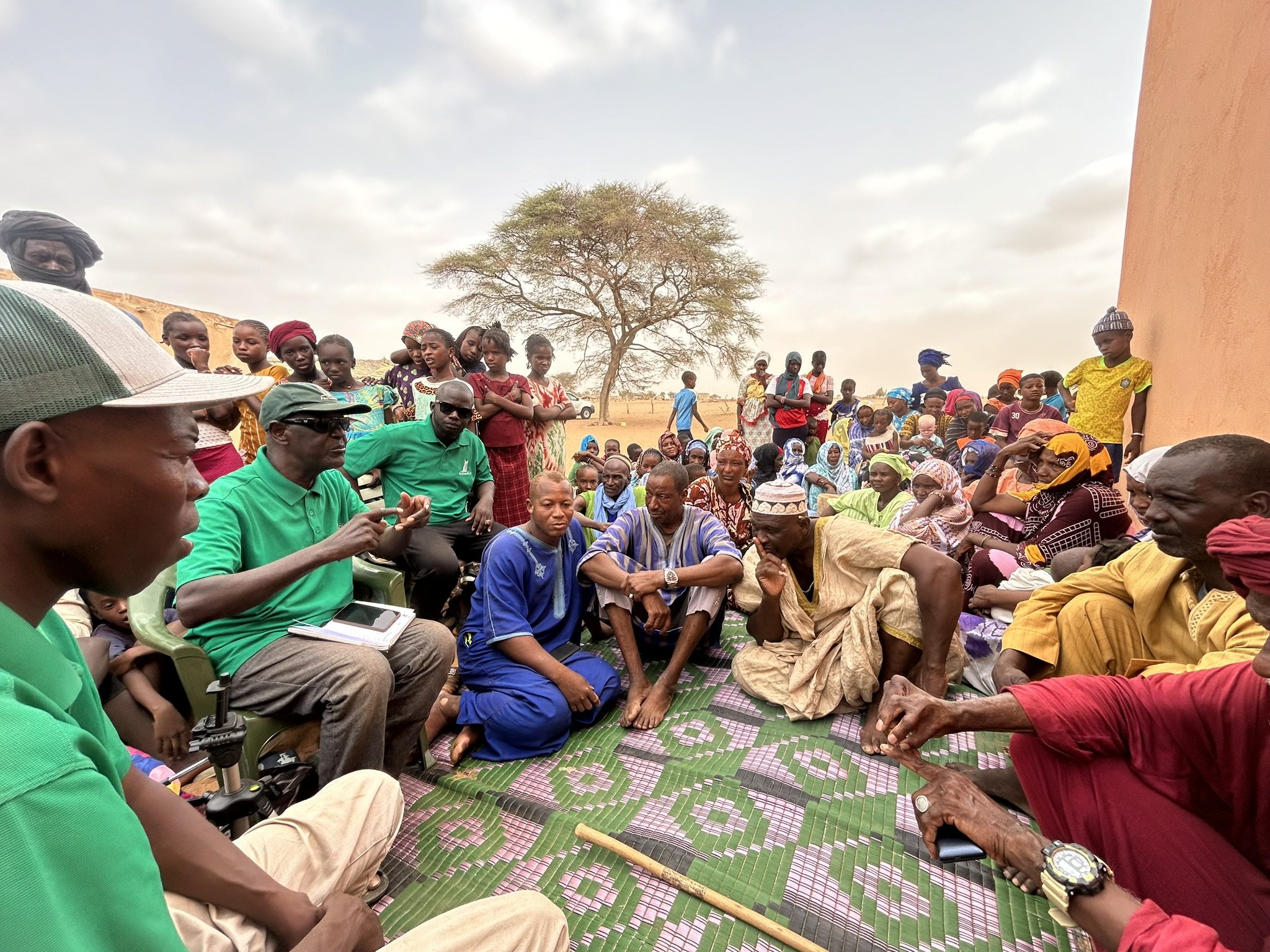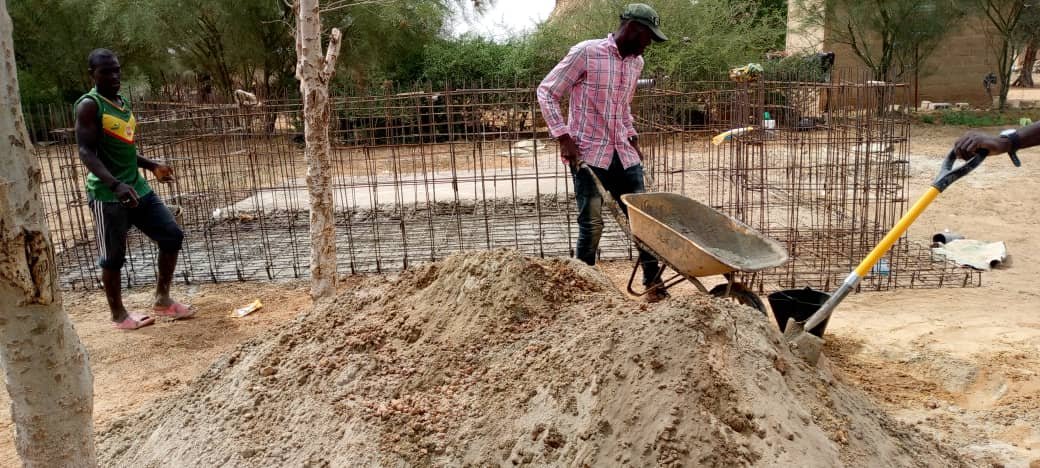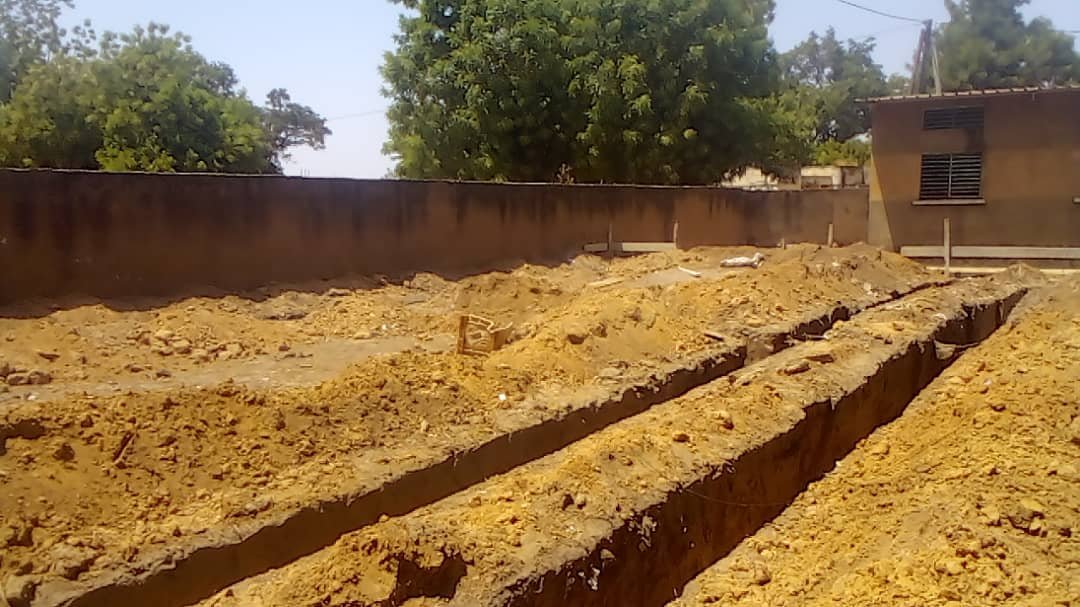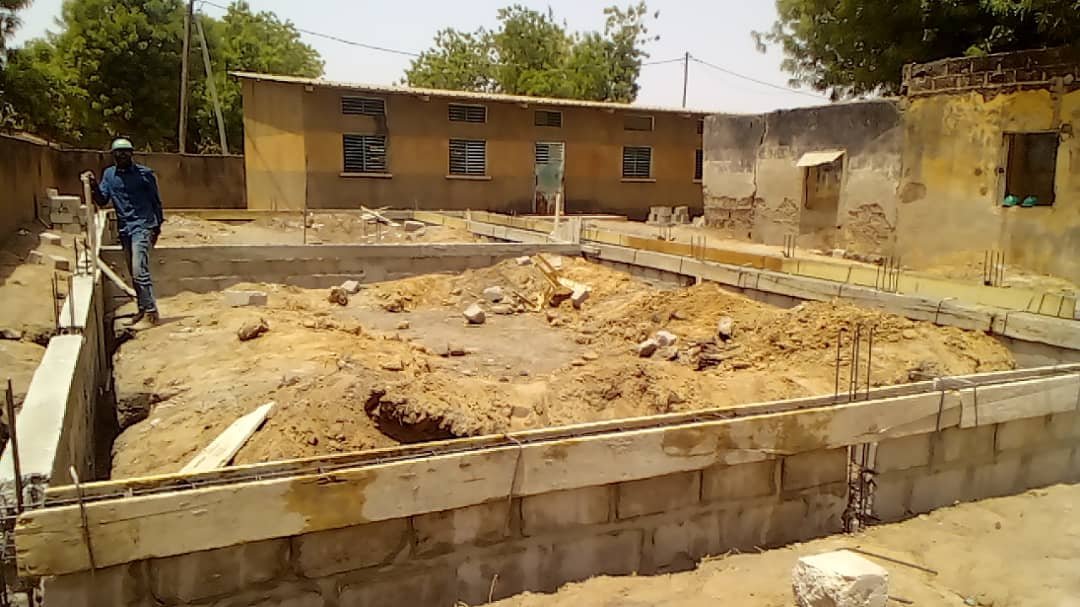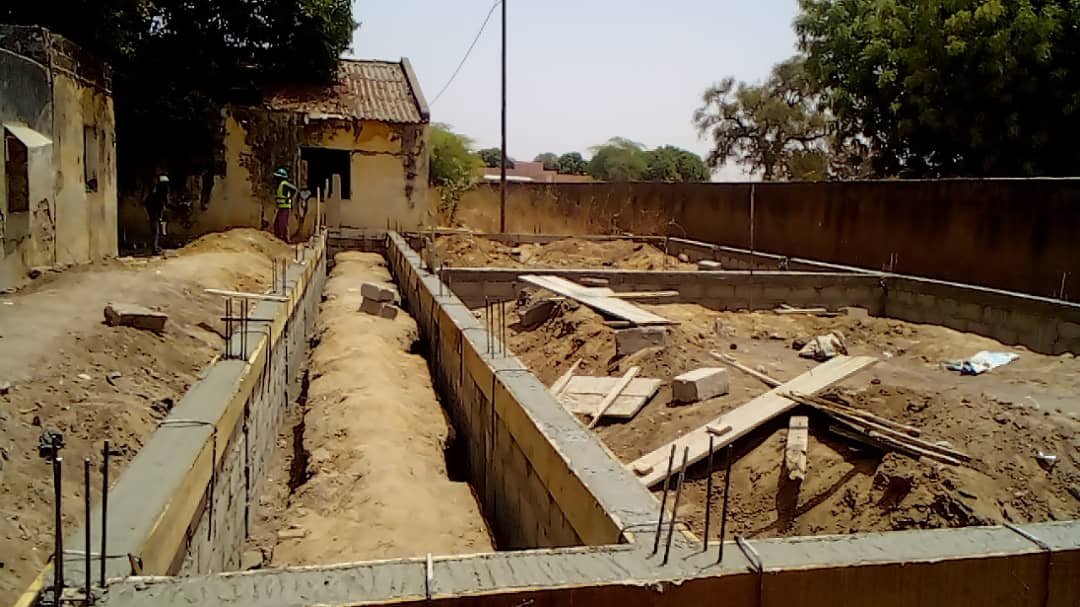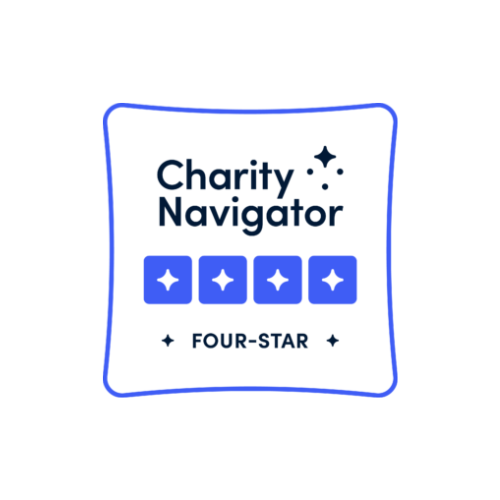Happy New Year from all of us at Andando, and thank you.
Because of generous donors like you, we raised $6,677 toward our $10,000 year-end match, which means $13,354 is going straight into new projects in rural Senegal.
I wanted to write to you personally before I leave for Senegal in a little over a week. This trip feels different, in the best way. The honest truth is that we are never fully certain how much we will raise each year, or how many communities we will be able to support. We plan carefully, we keep costs lean, and we do everything we can to build steady support, but there is always an element of uncertainty.
So, it is both a relief, and incredibly exciting, to be heading to Senegal with new support from our year-end campaign, and our tremendously successful Fall Gala, knowing we can start new projects that will literally change lives.
That is one of the things I am proudest of about Andando. When resources show up, we get to work immediately. We mobilize our team, coordinate with local stakeholders, and get your support to those who need it, right now.
In the coming weeks, I’ll be sharing updates from the field as our team begins the next round of projects. For now, please know how grateful I am for your support, and for the community behind us that makes this work possible.
With sincere appreciation!
Garrison Harward
Executive Director
P.S. With additional funds, we can say yes to even more communities in 2026. It's not too late to join us - donate today!


